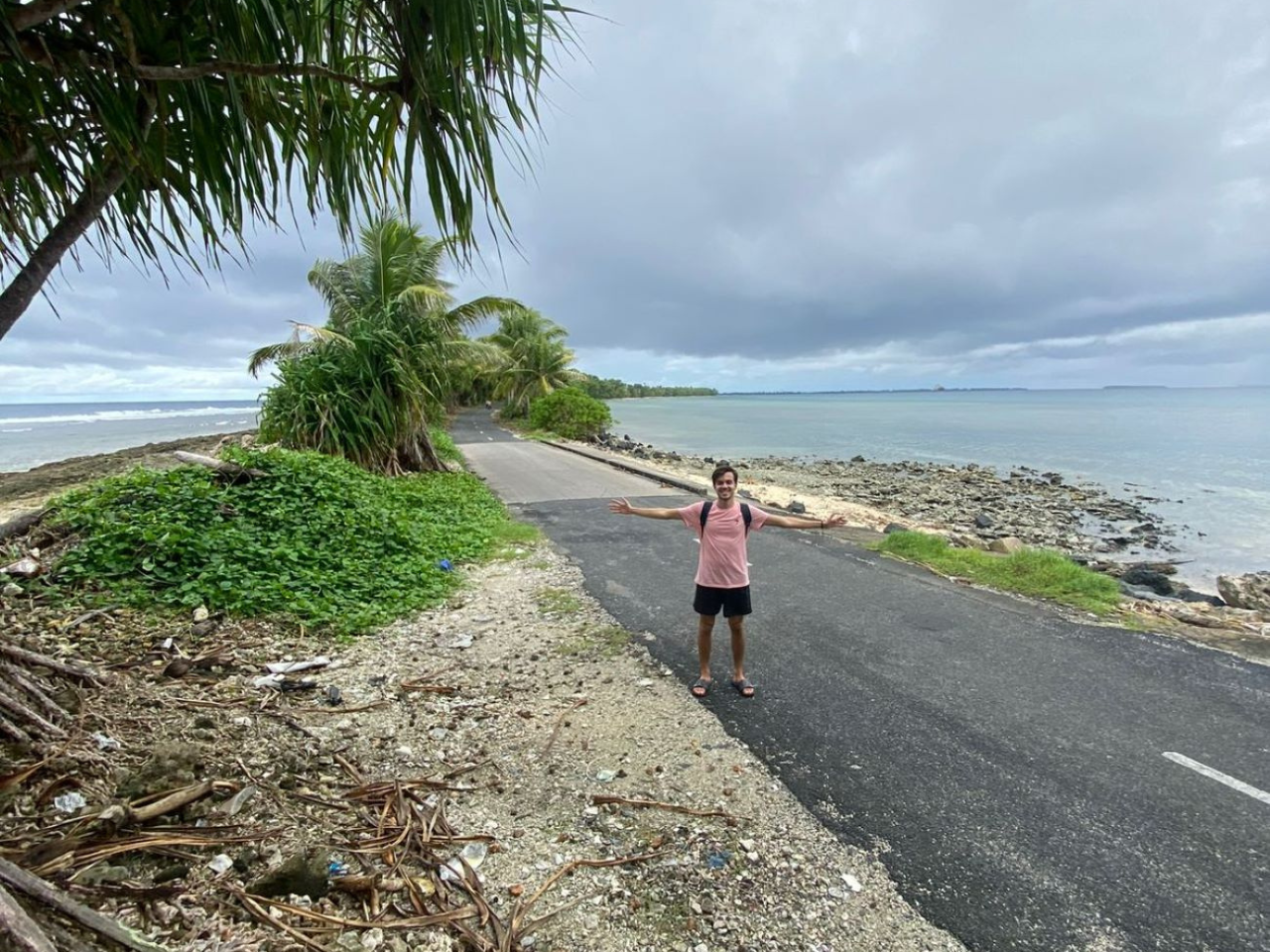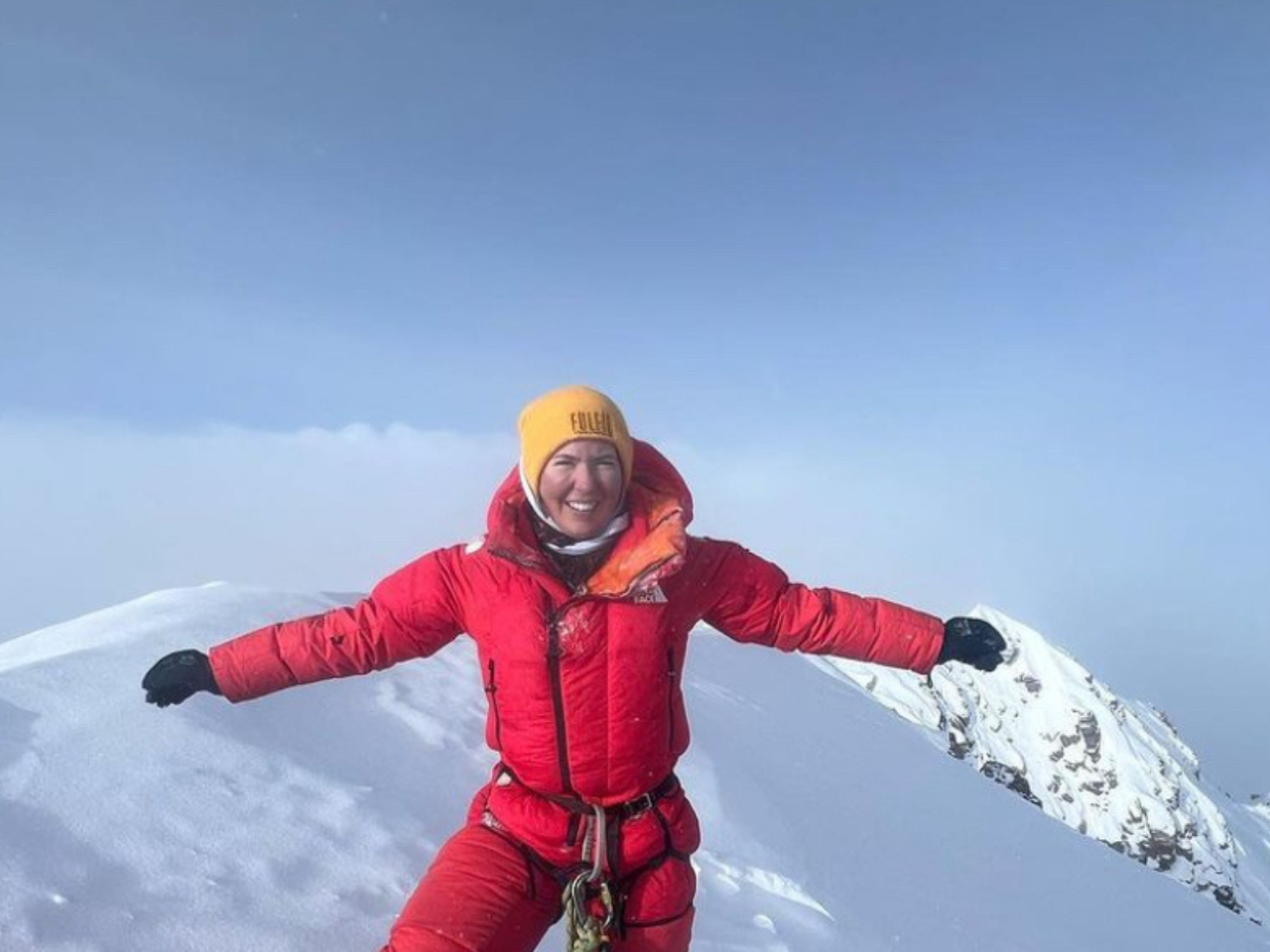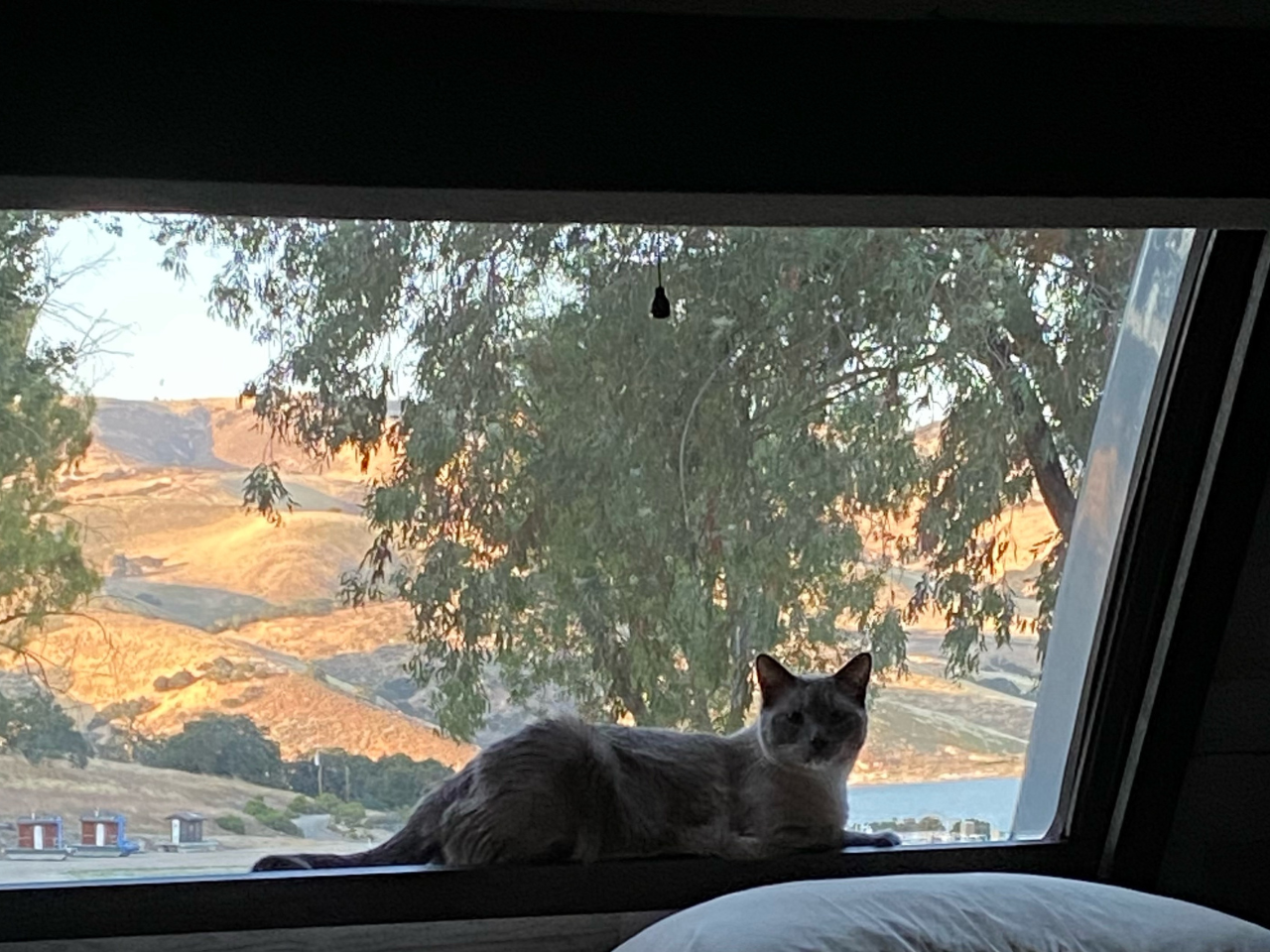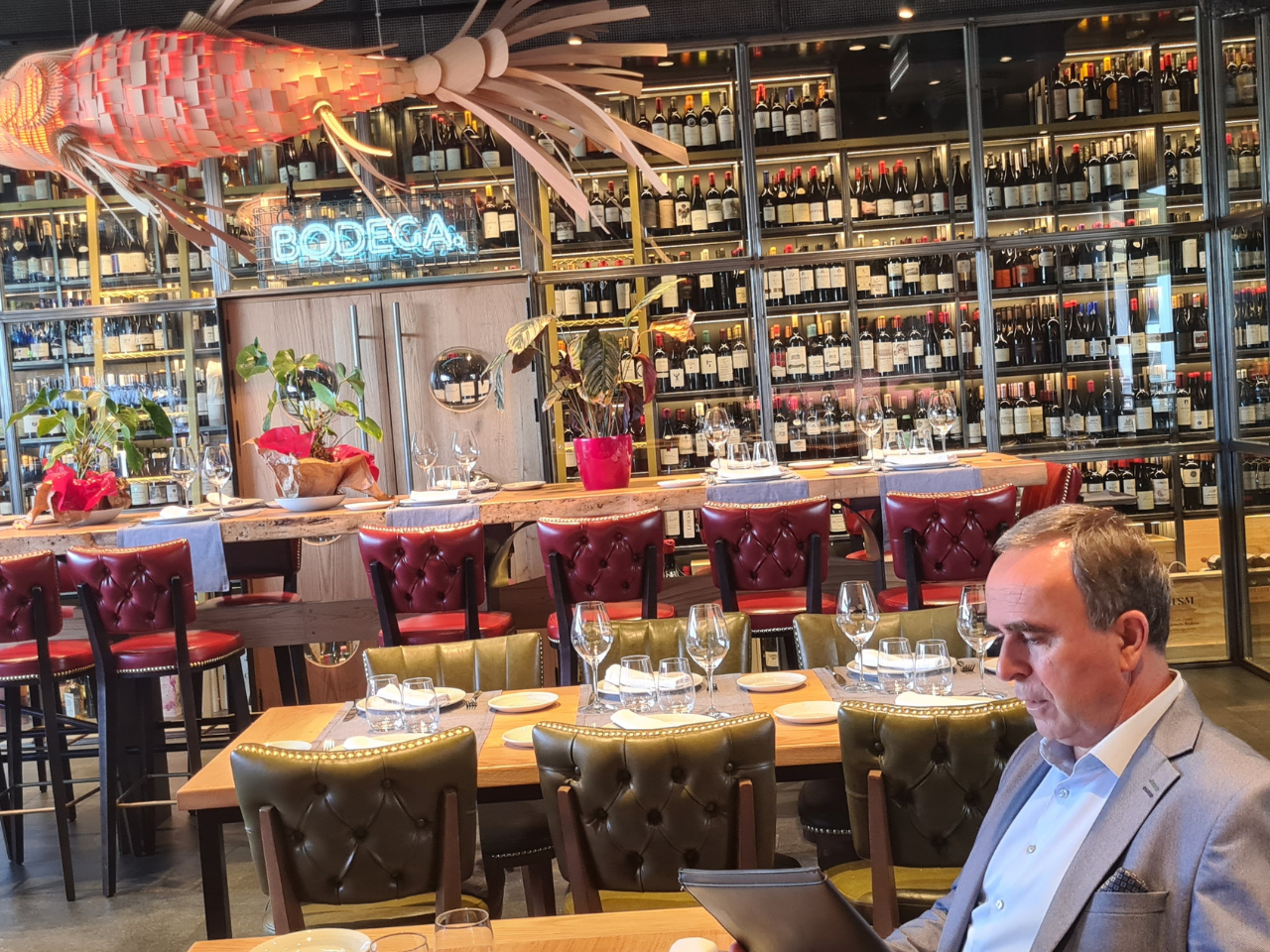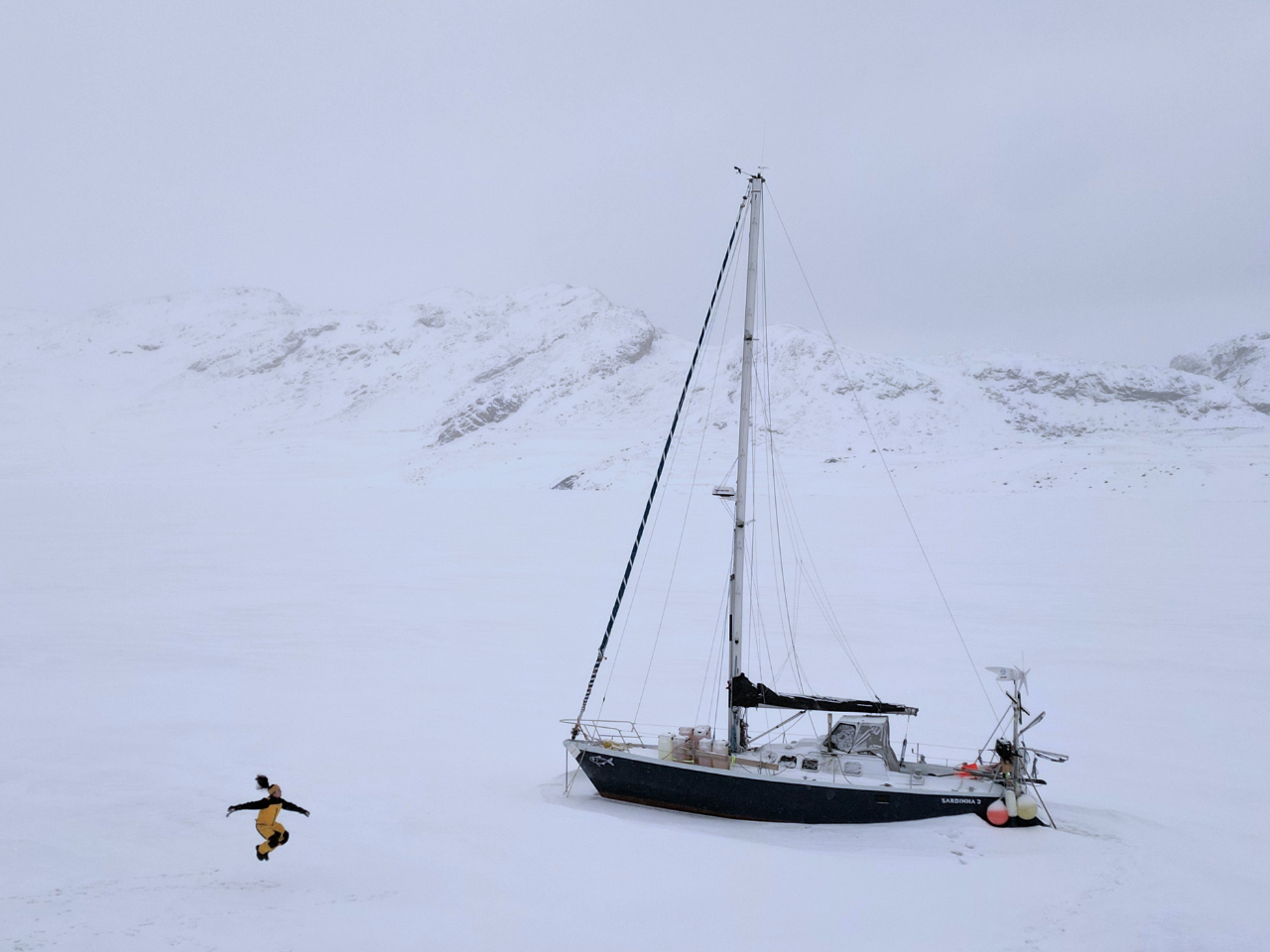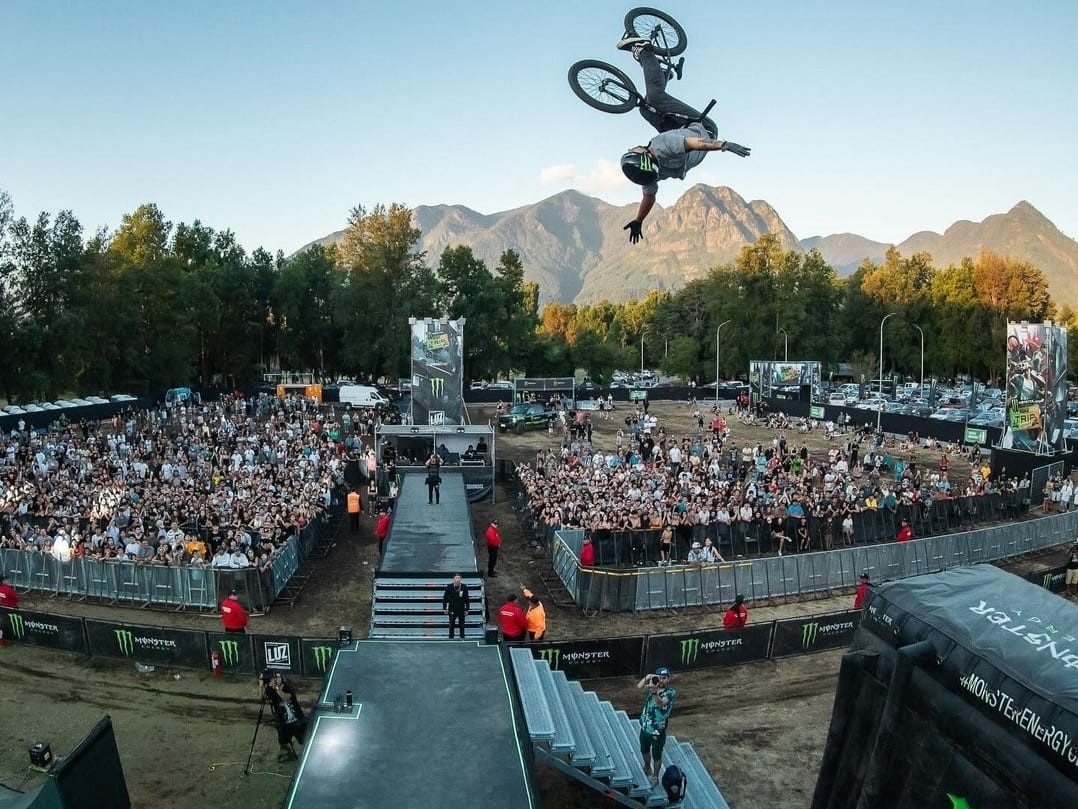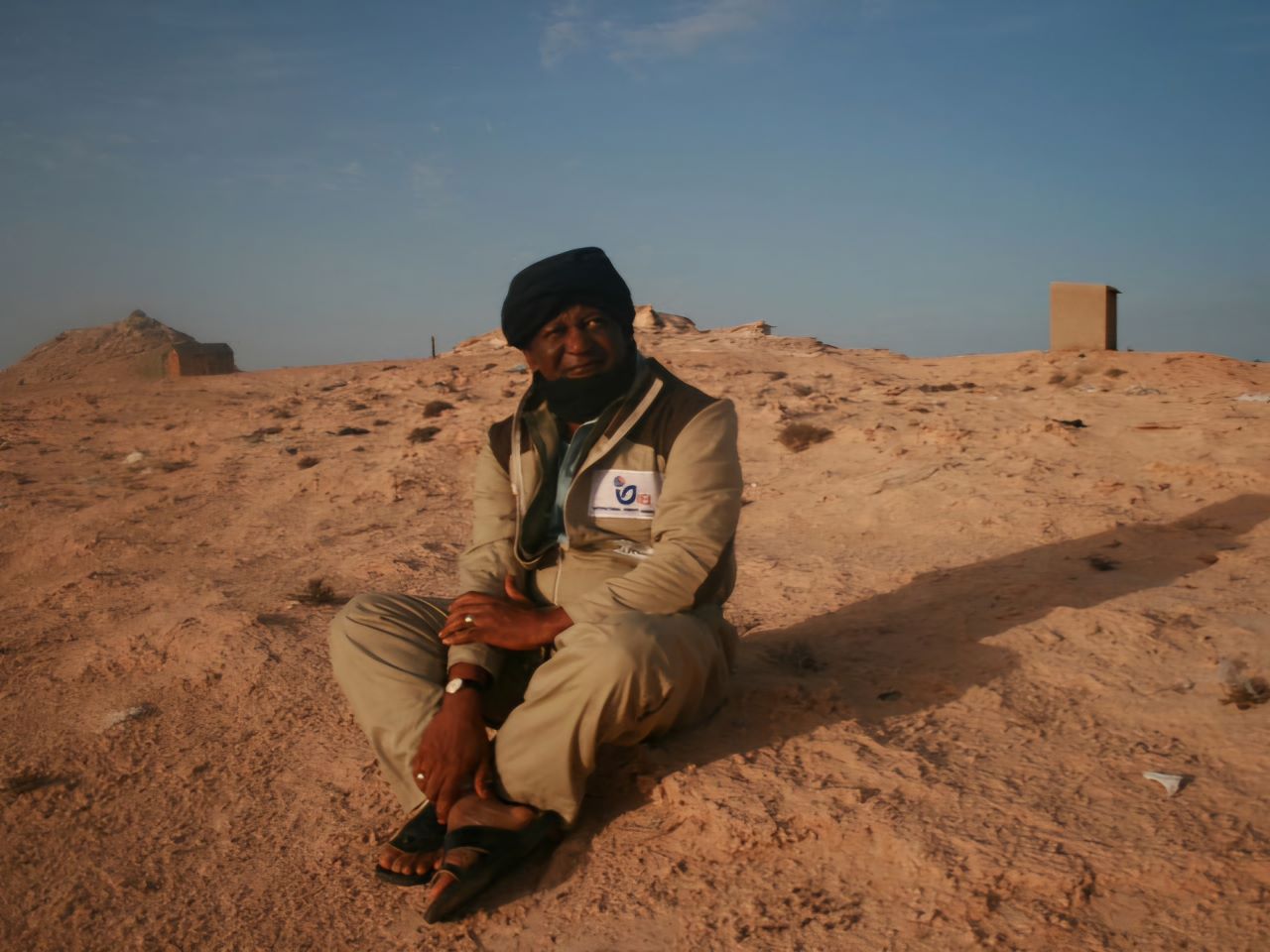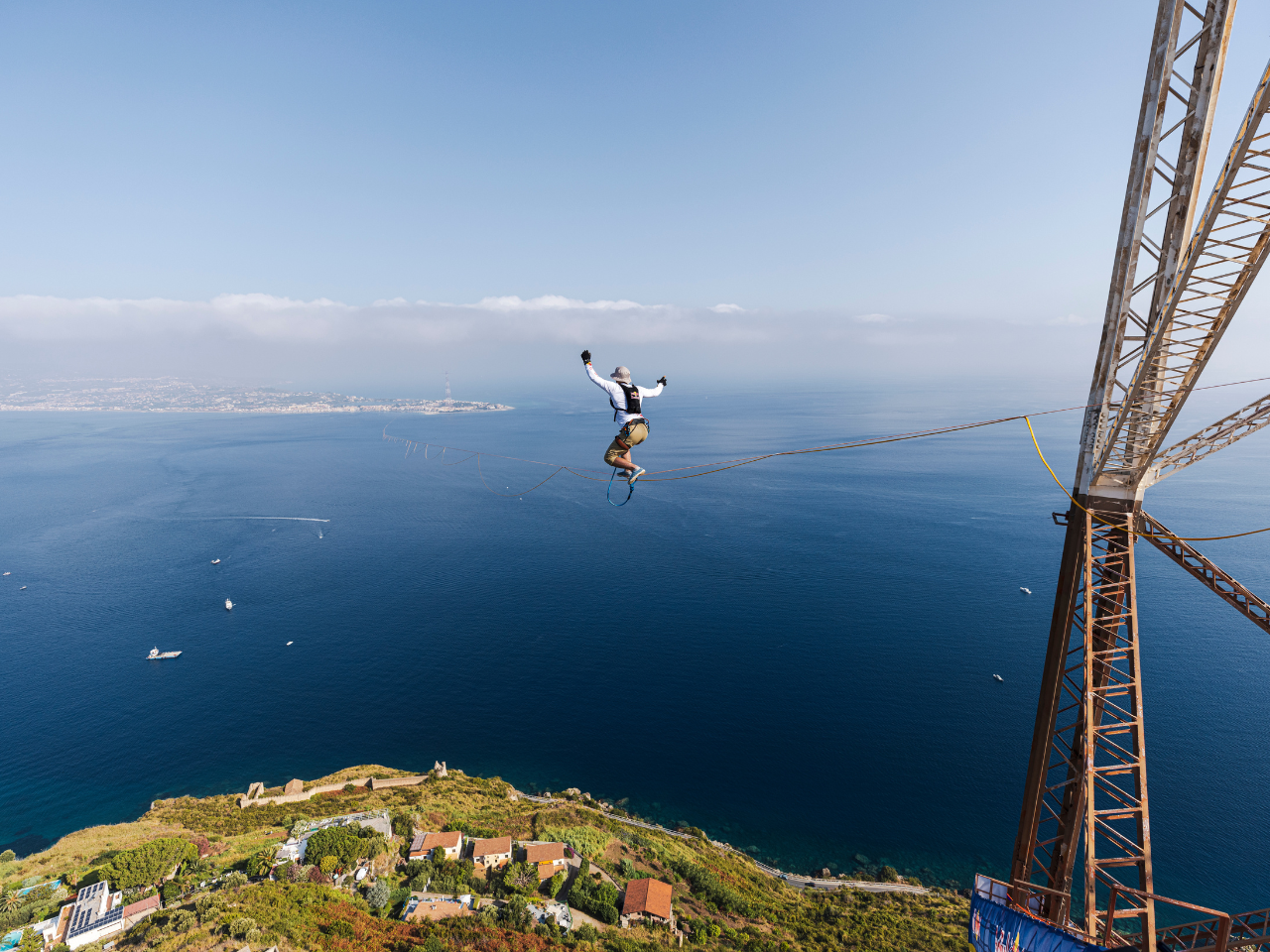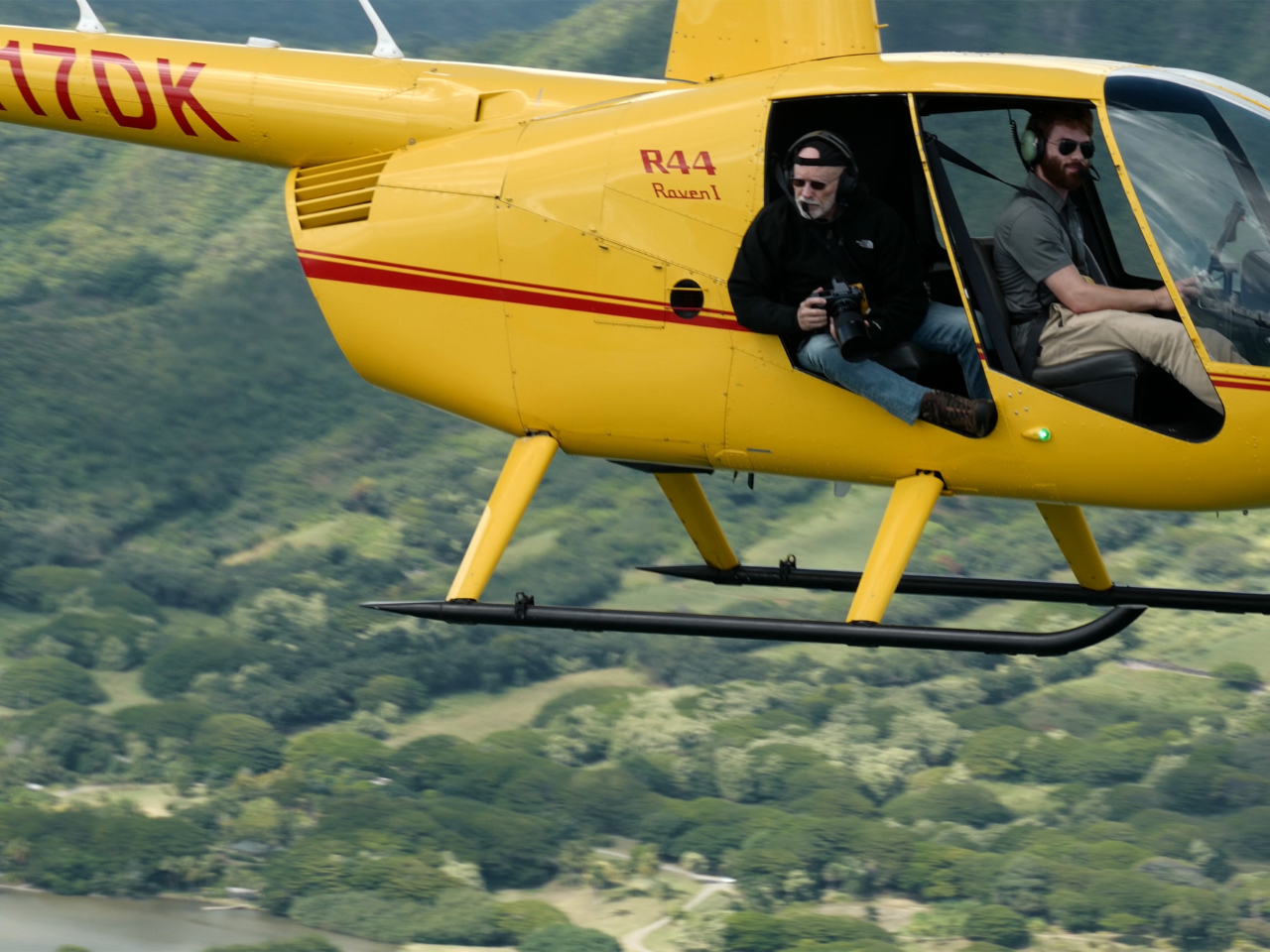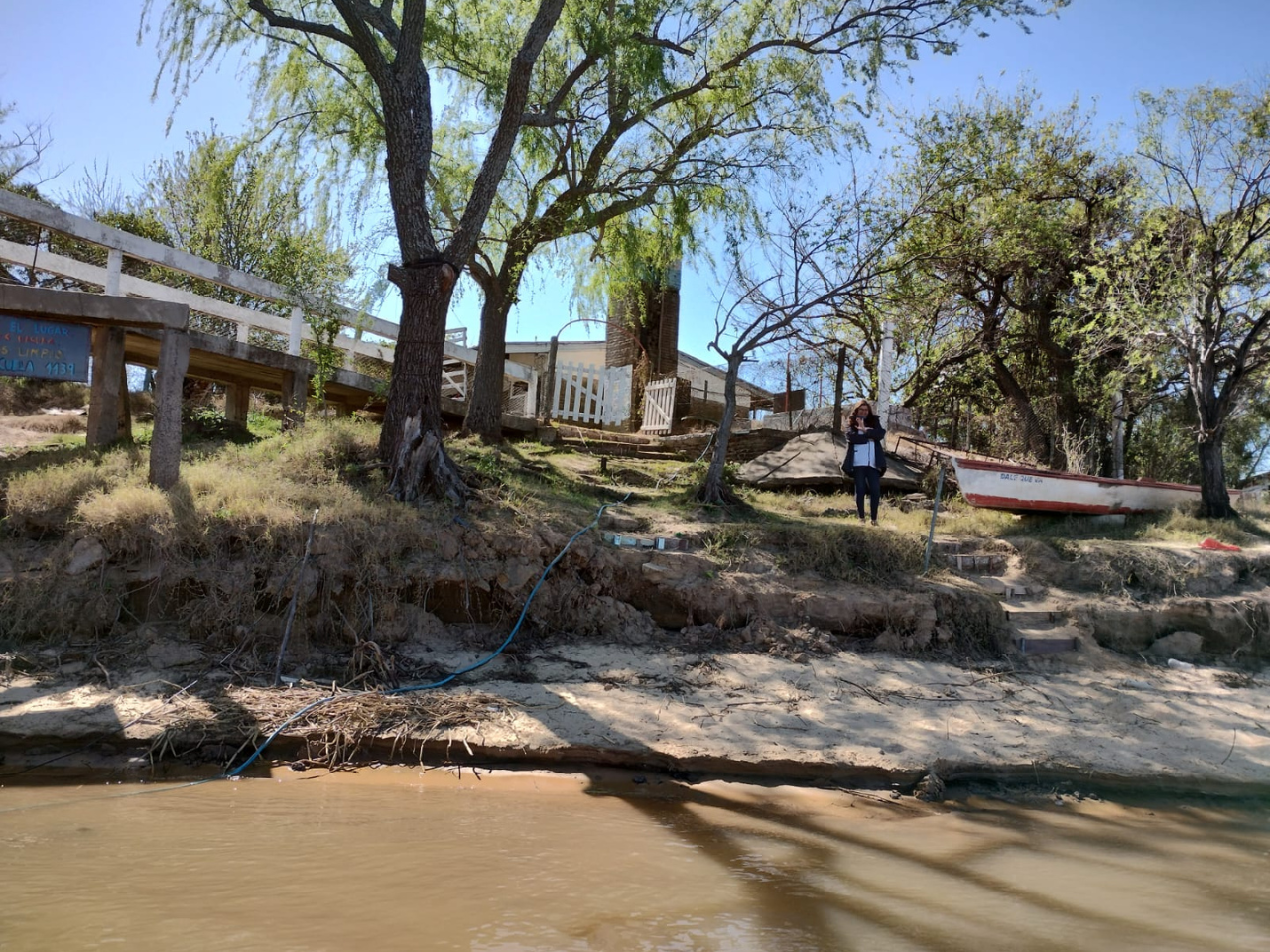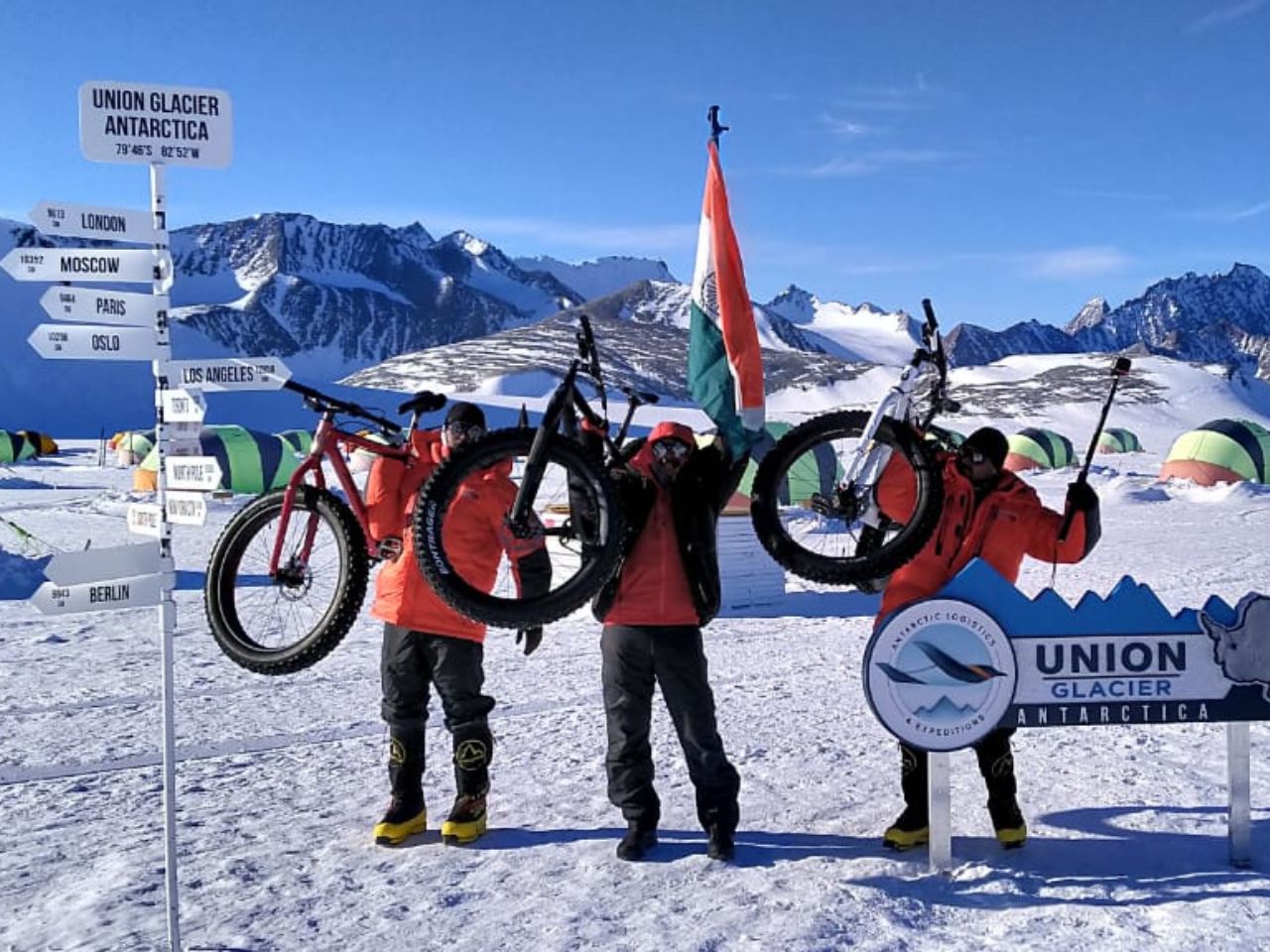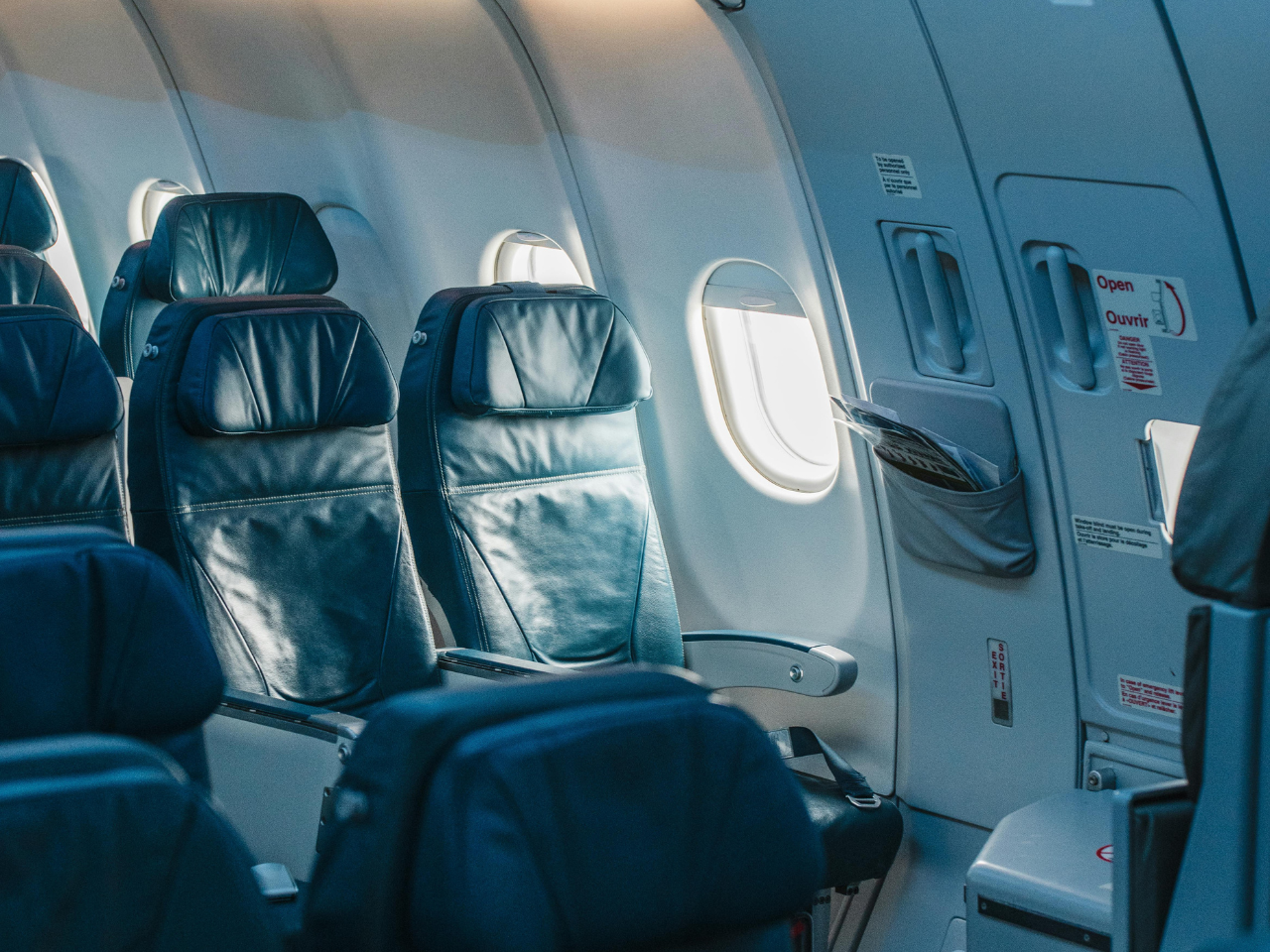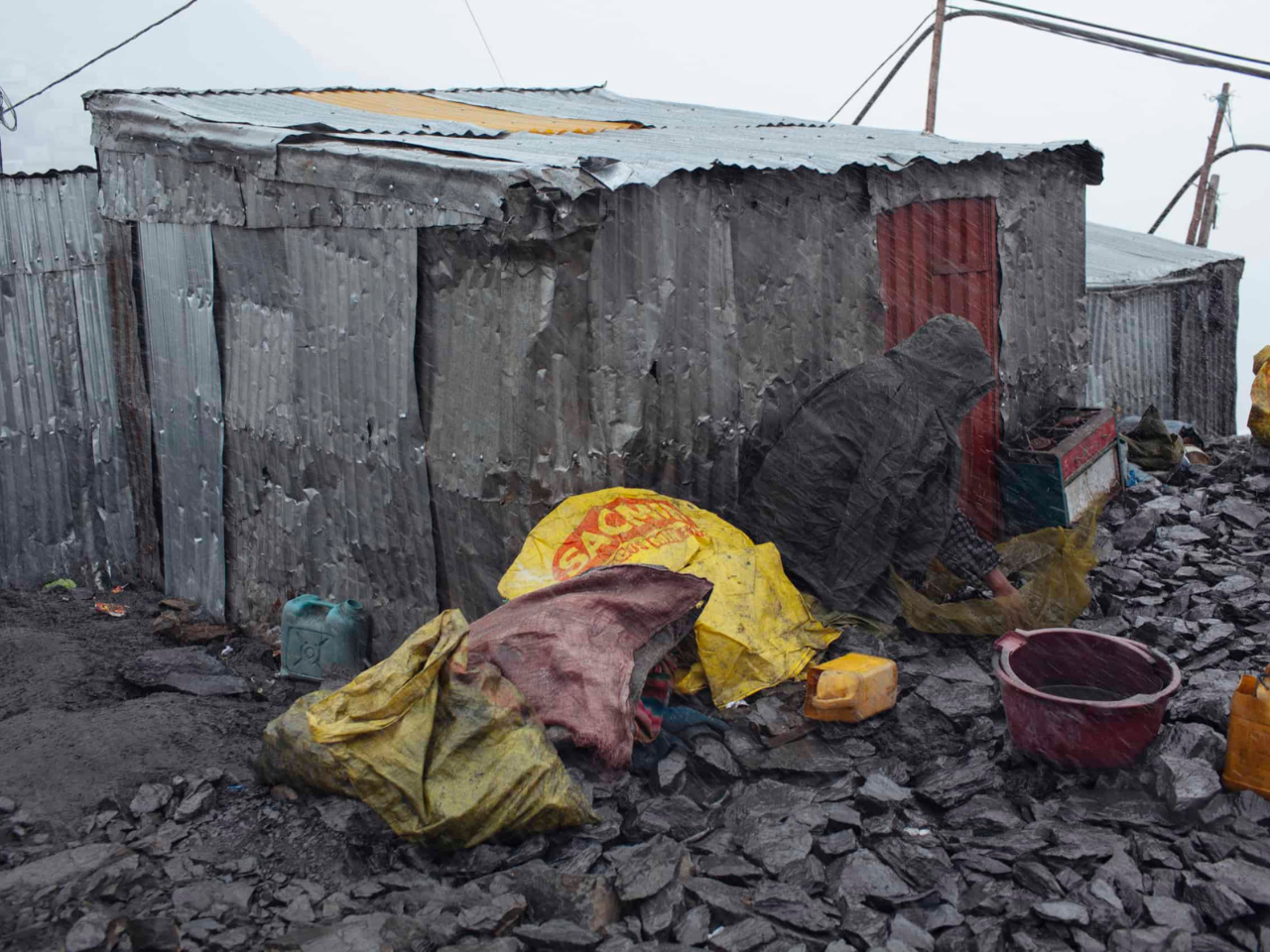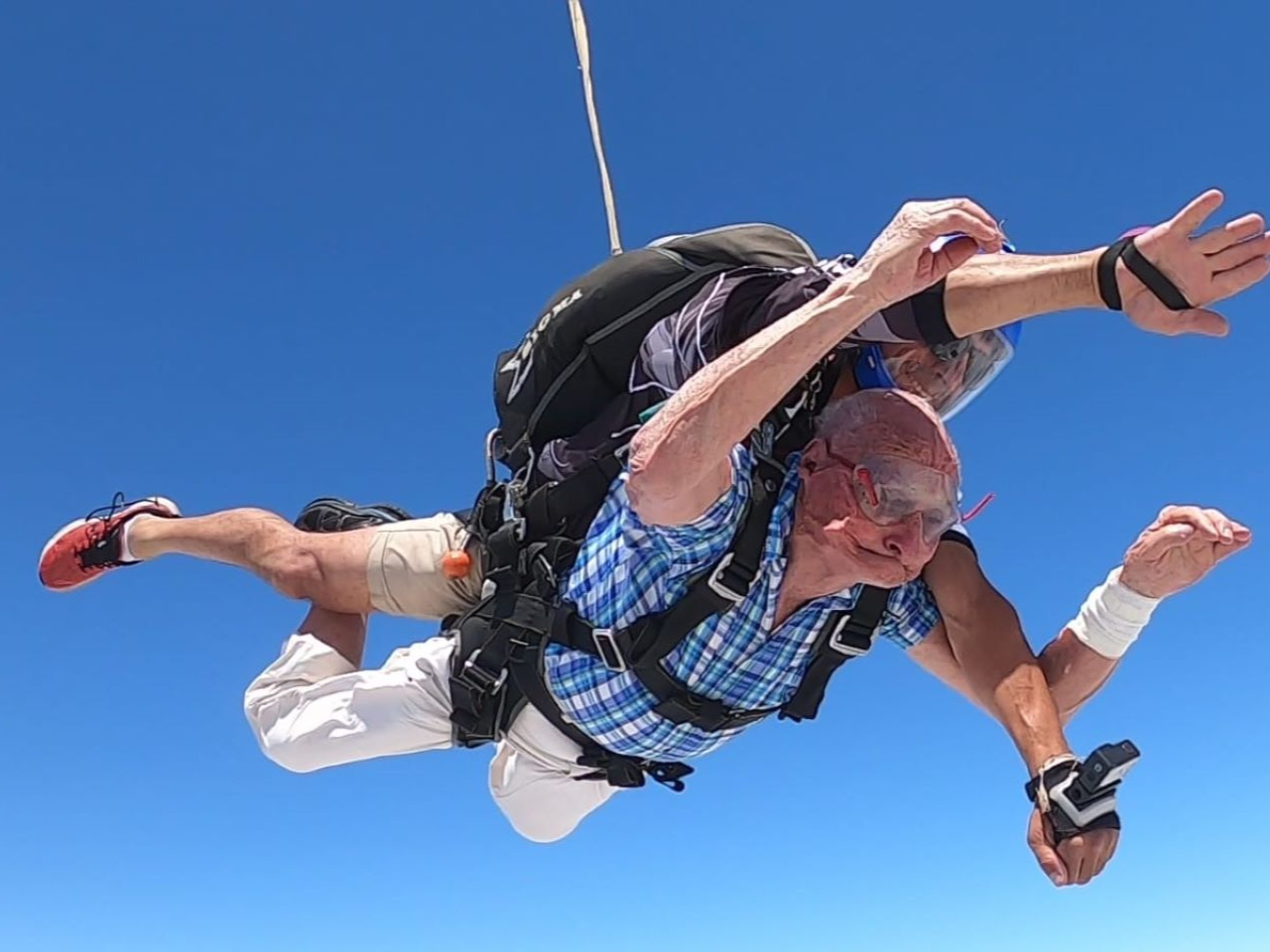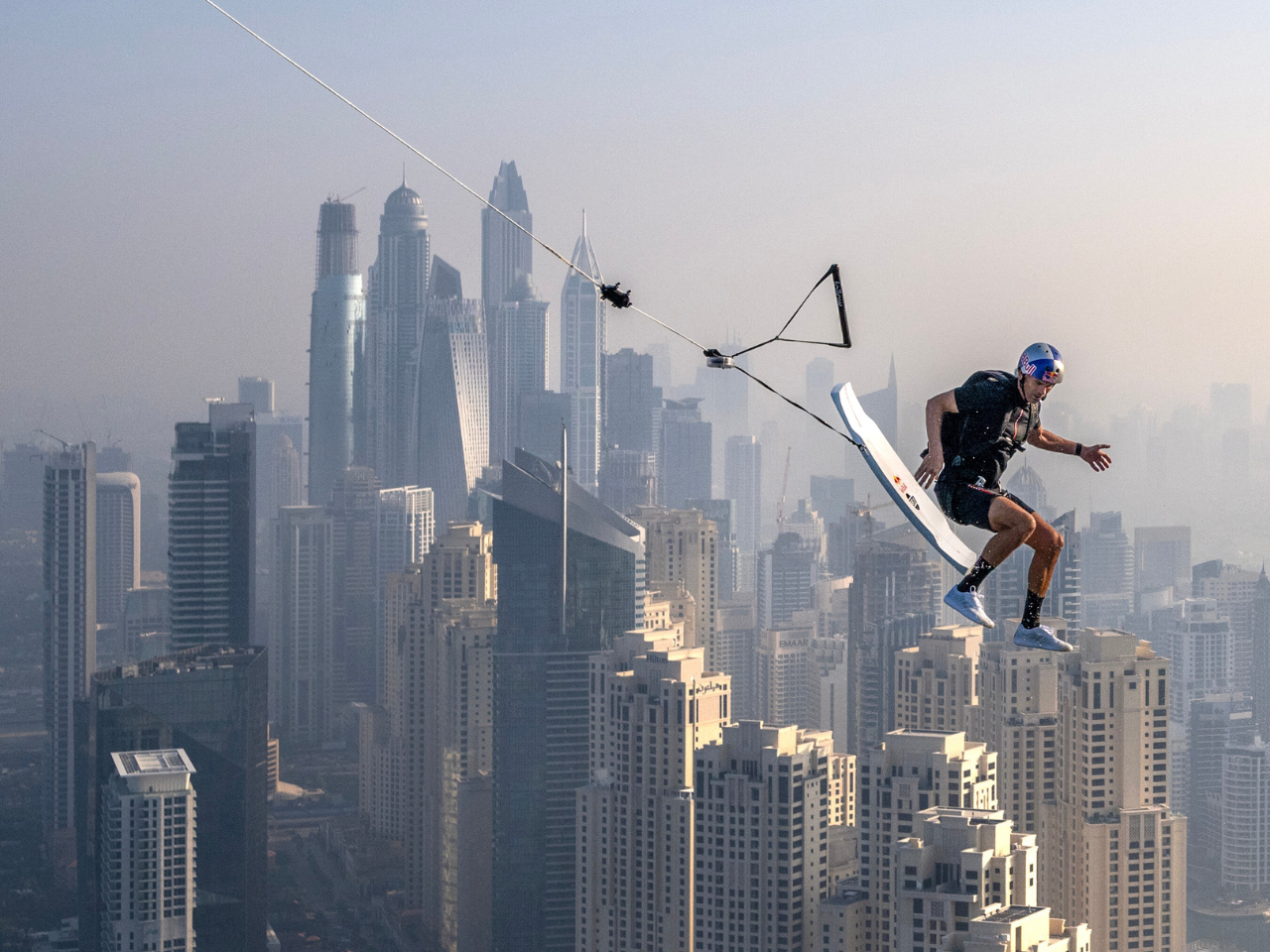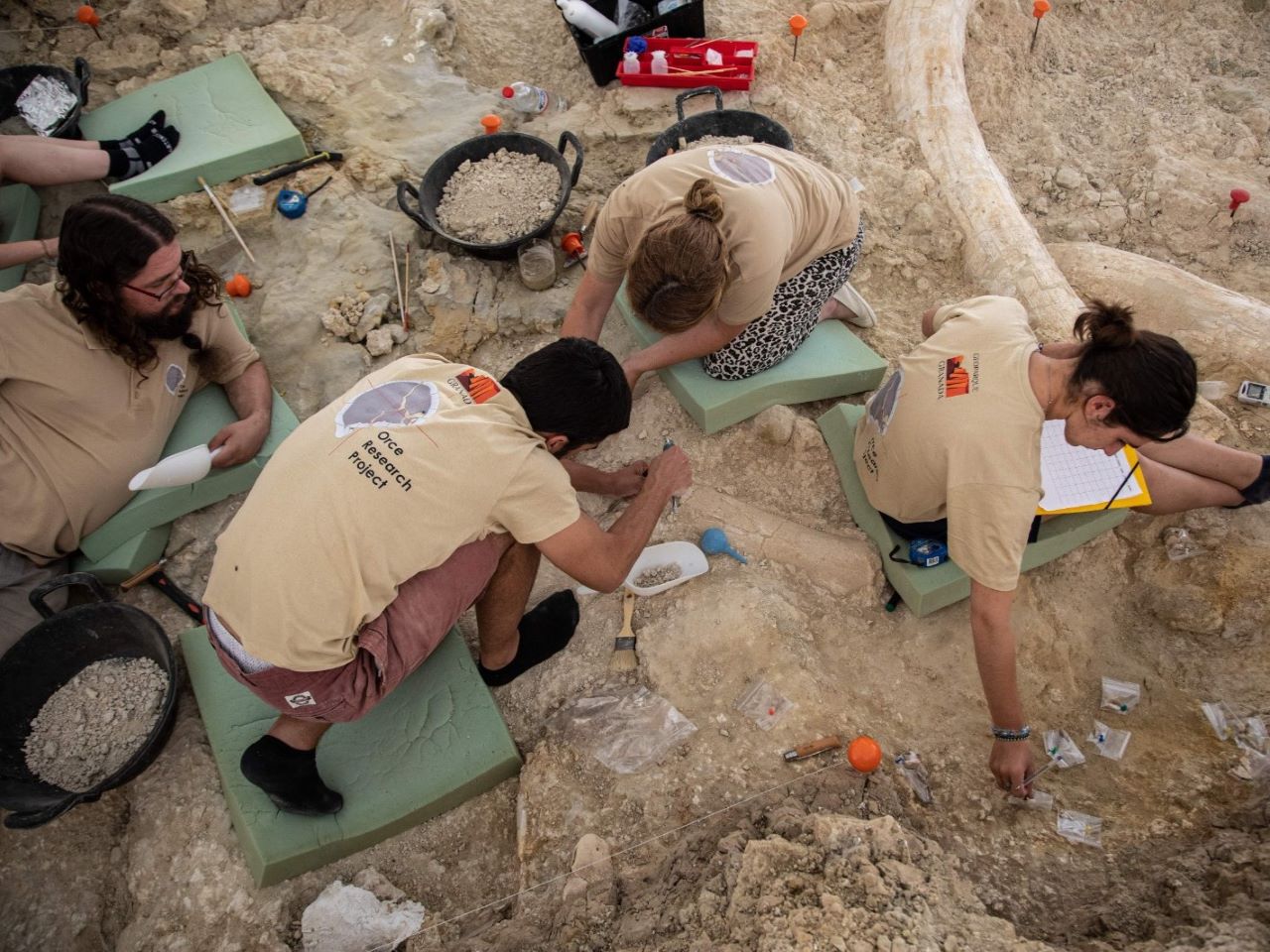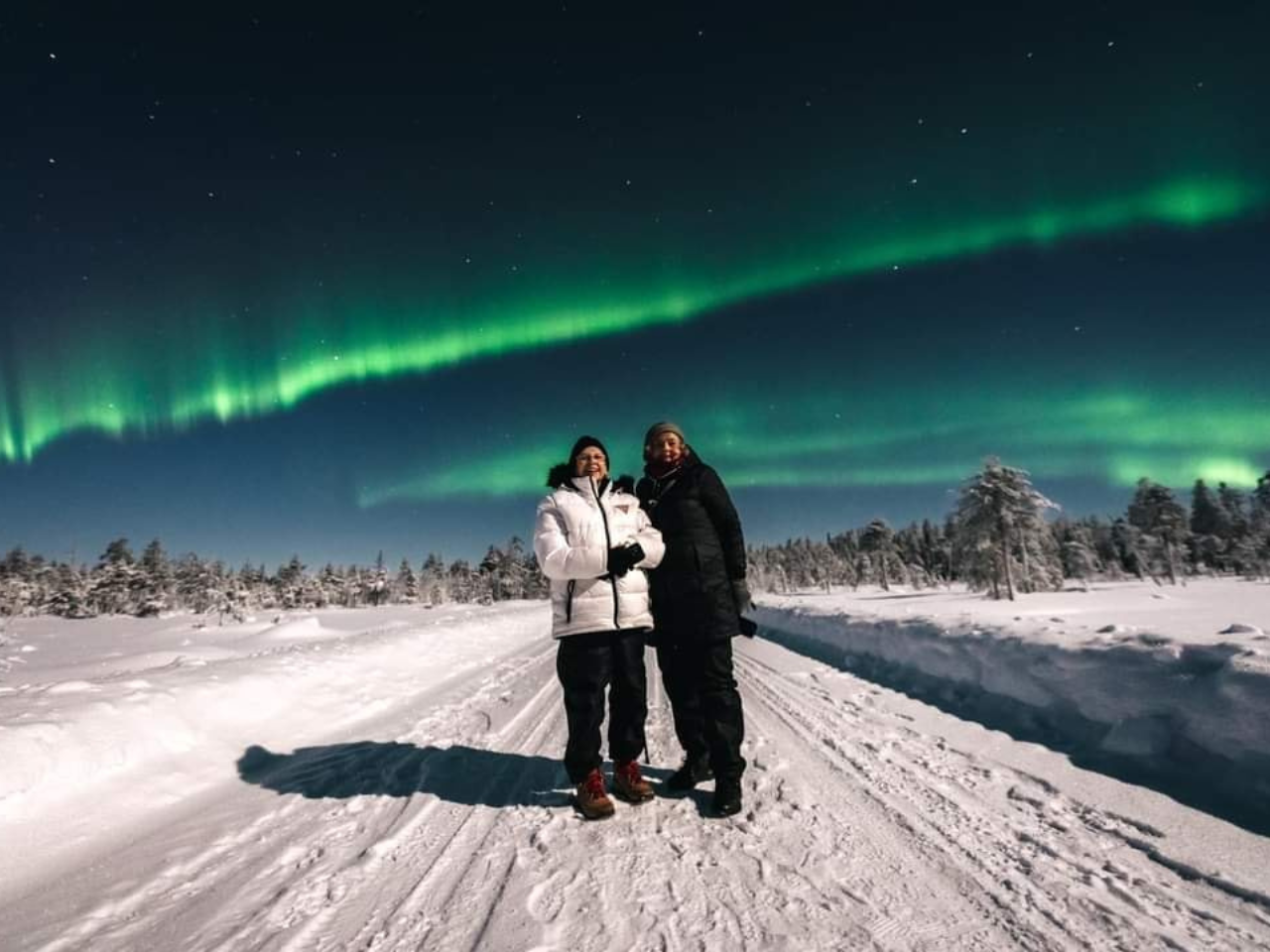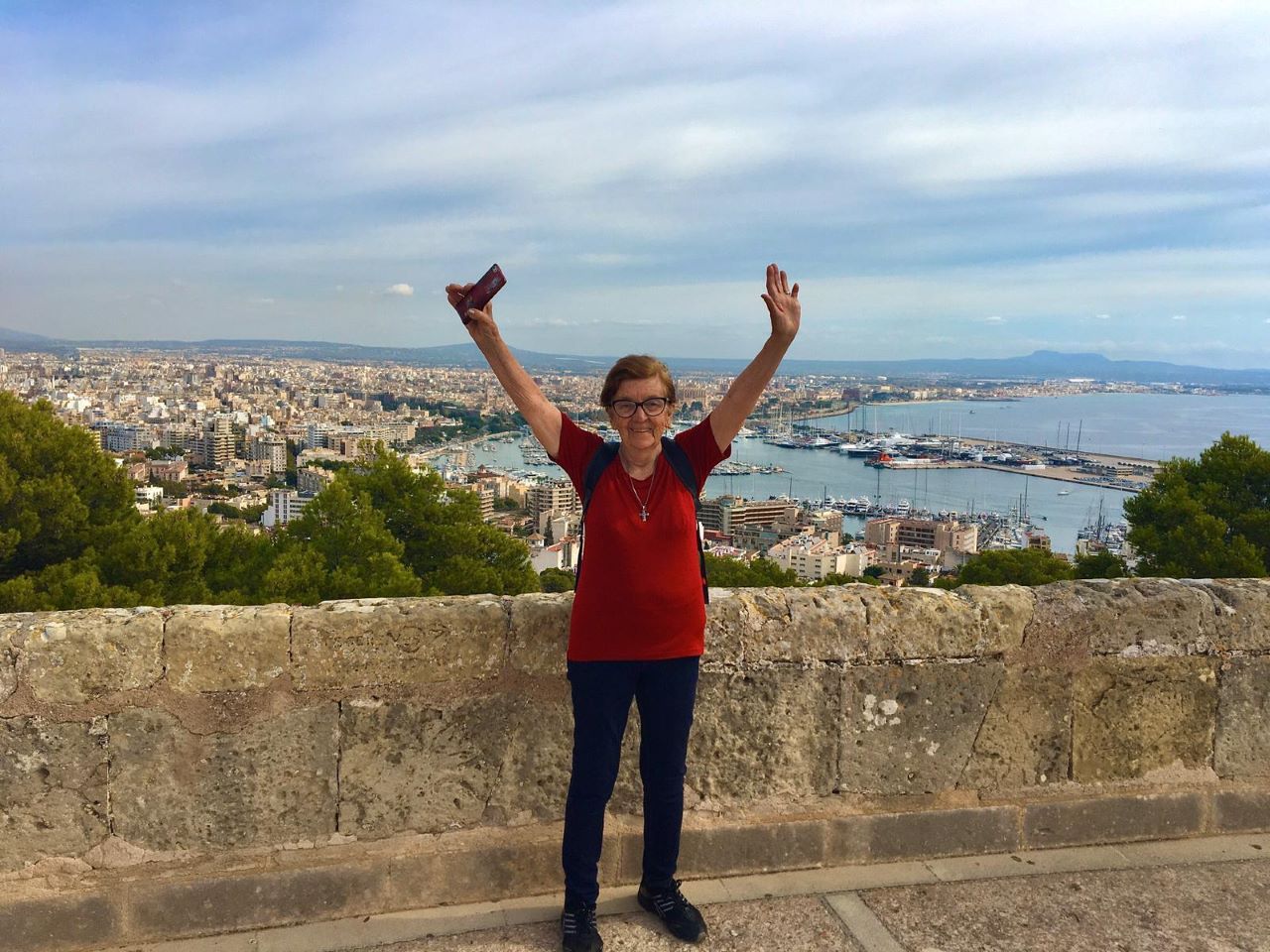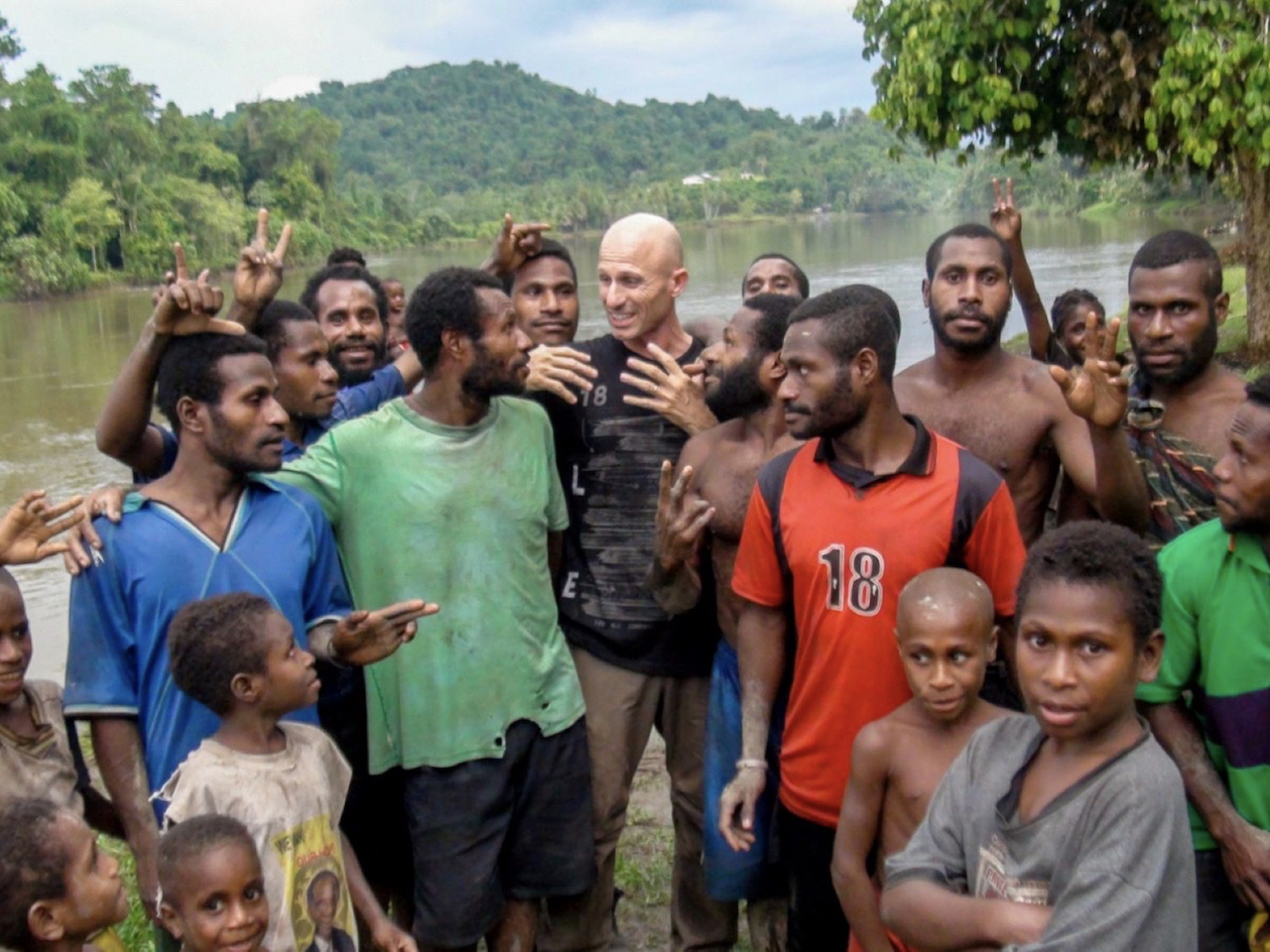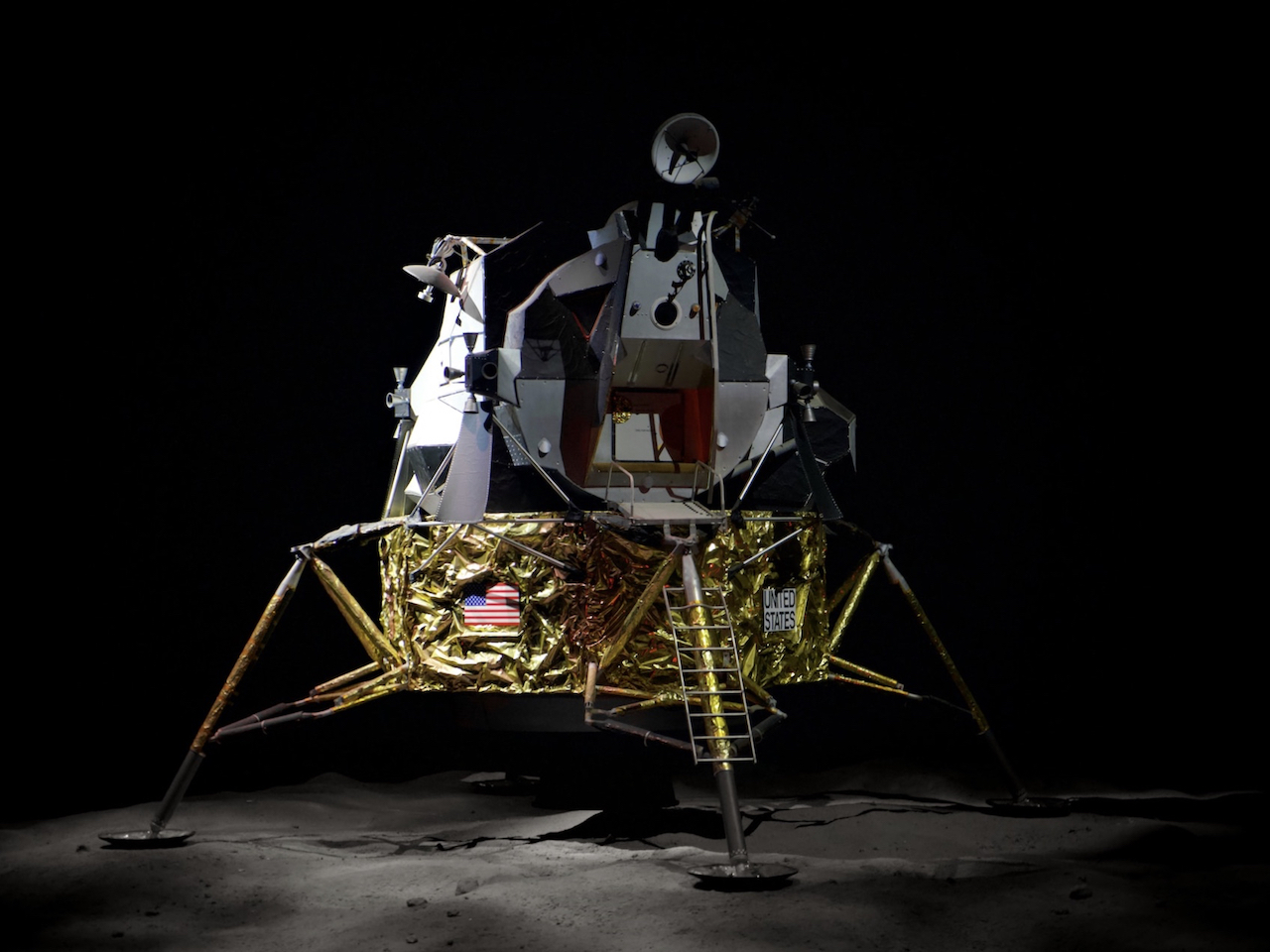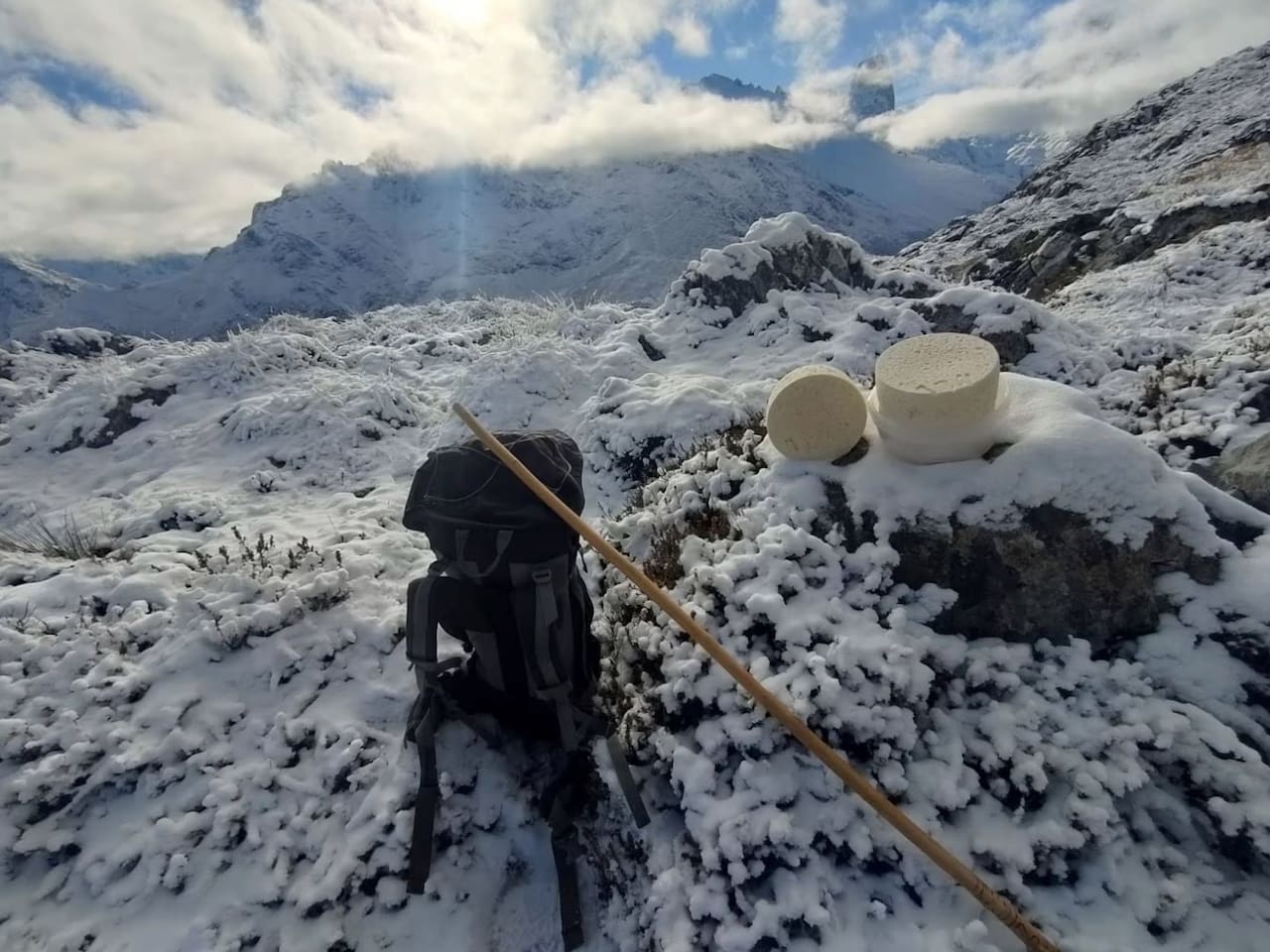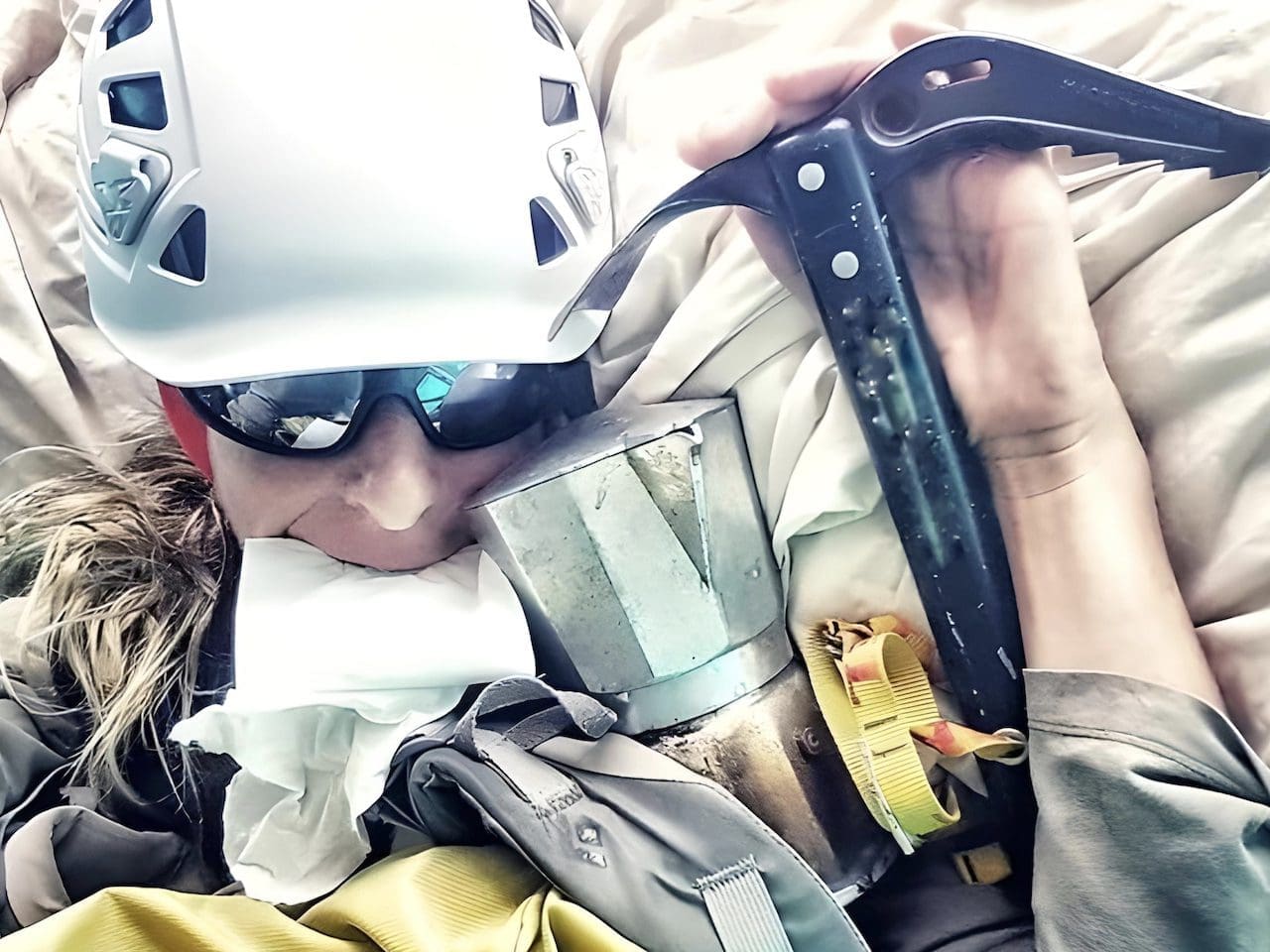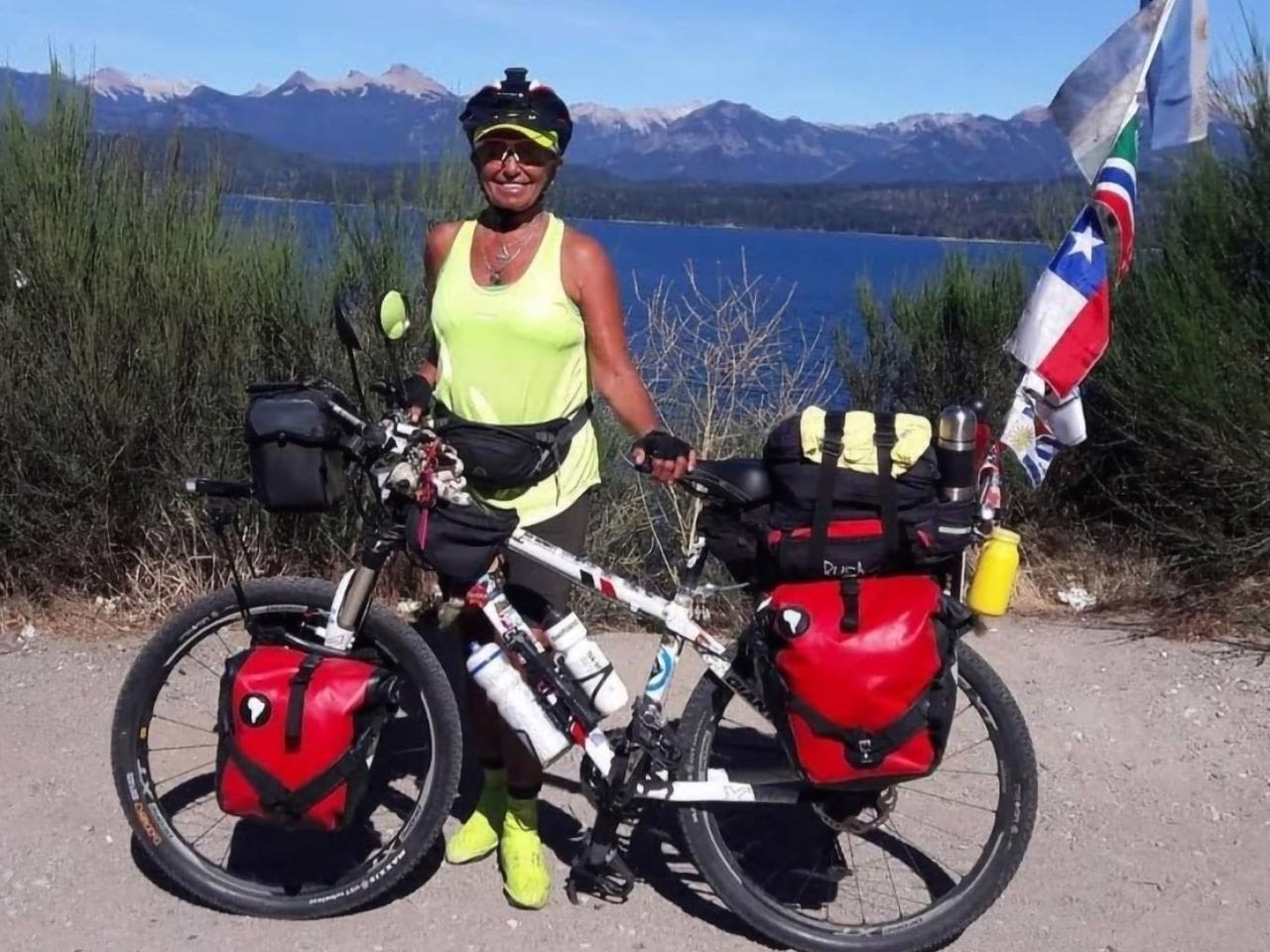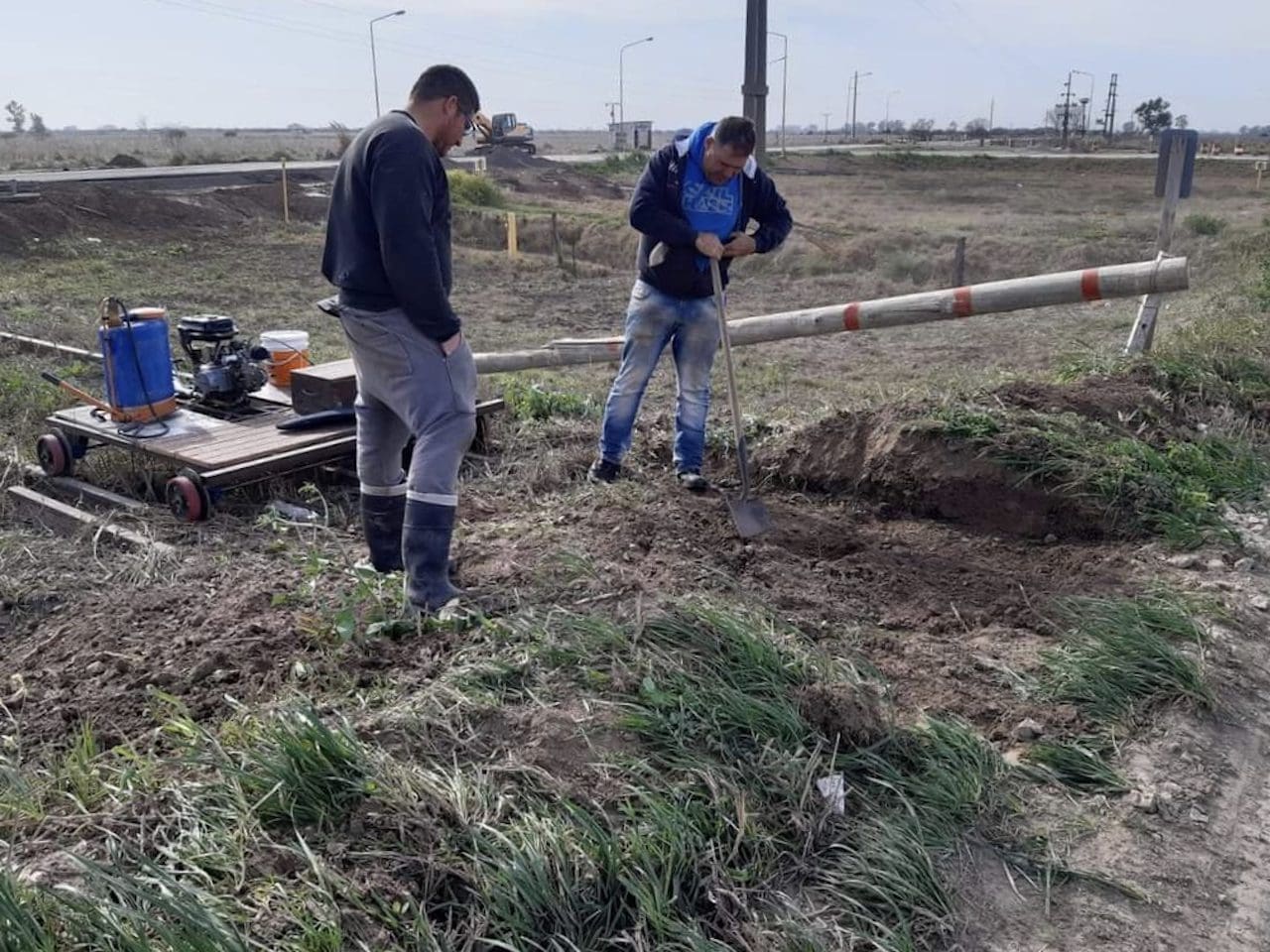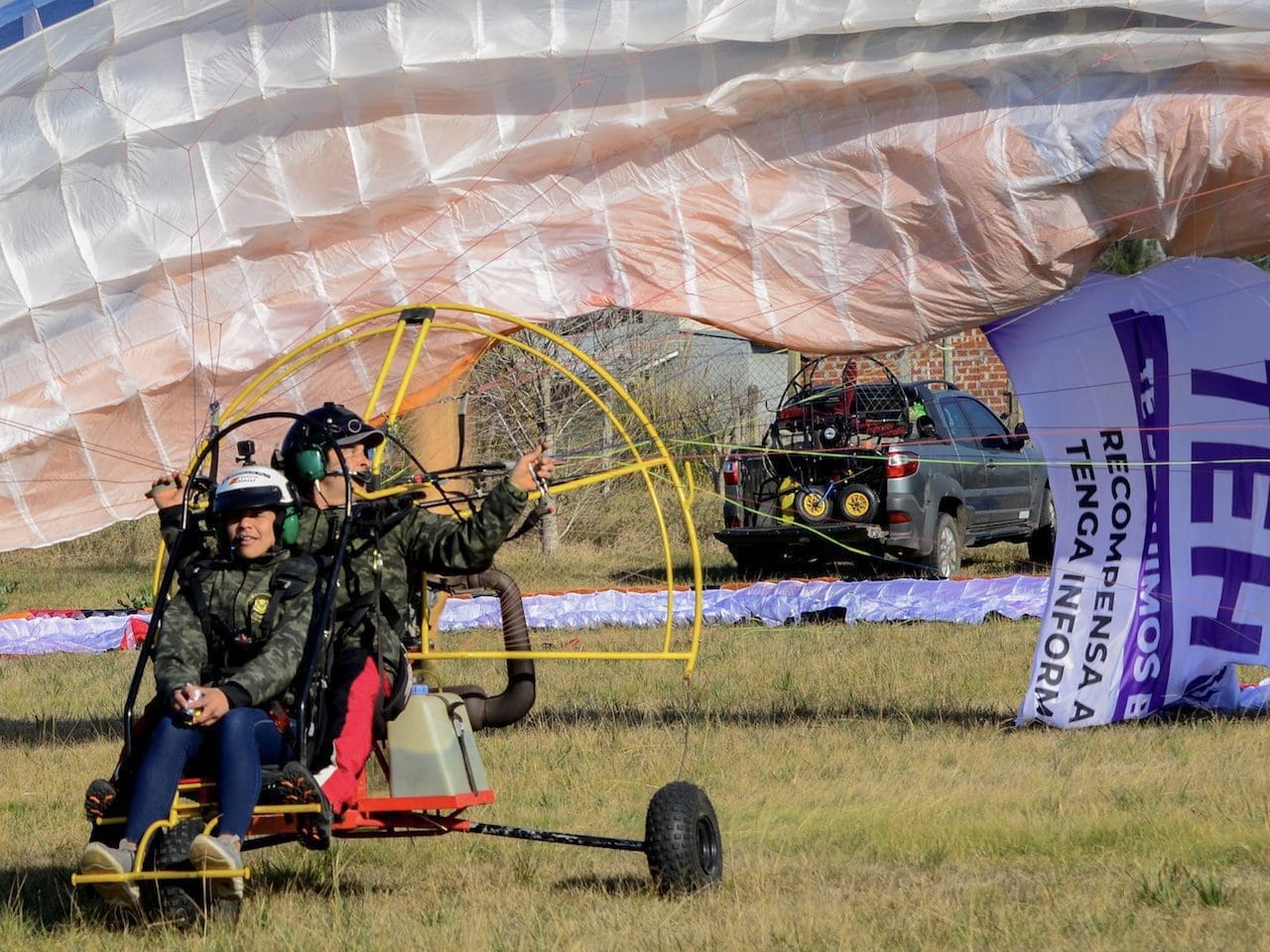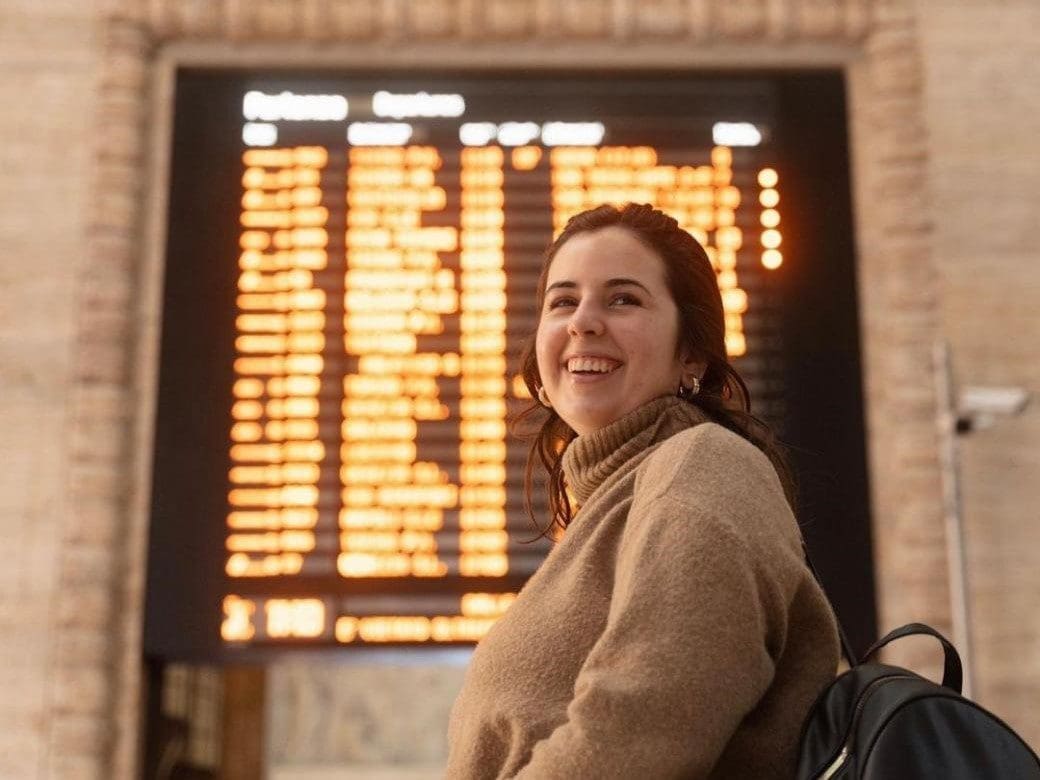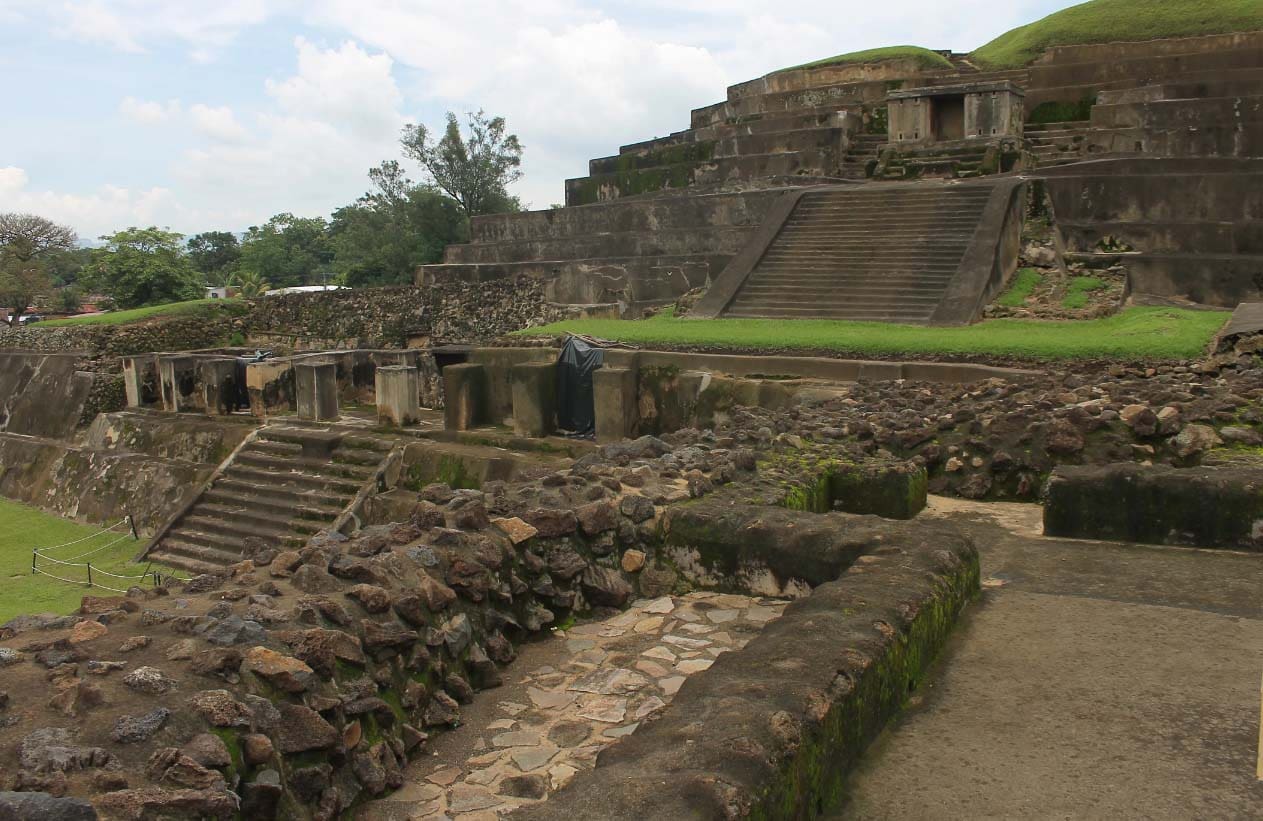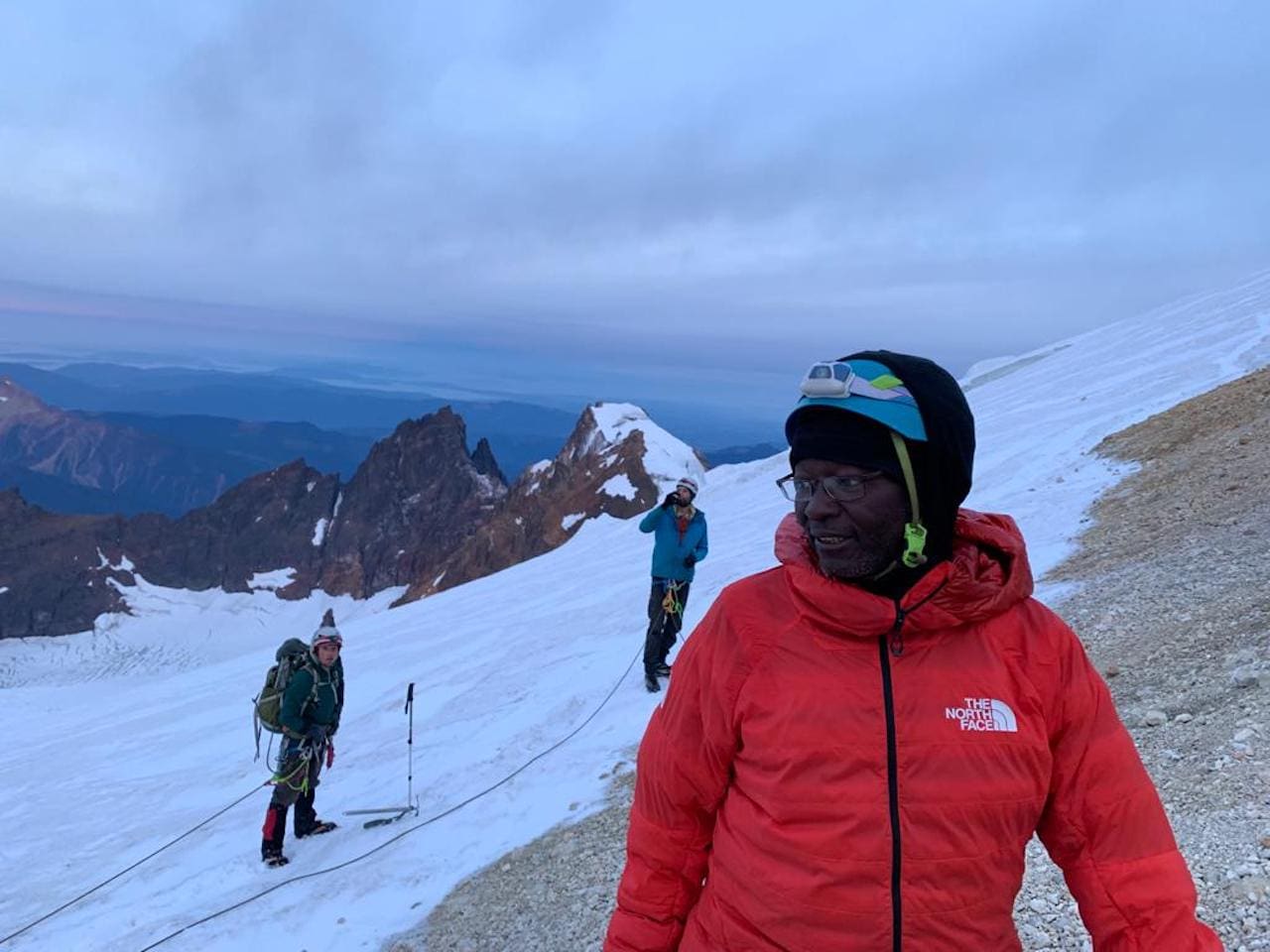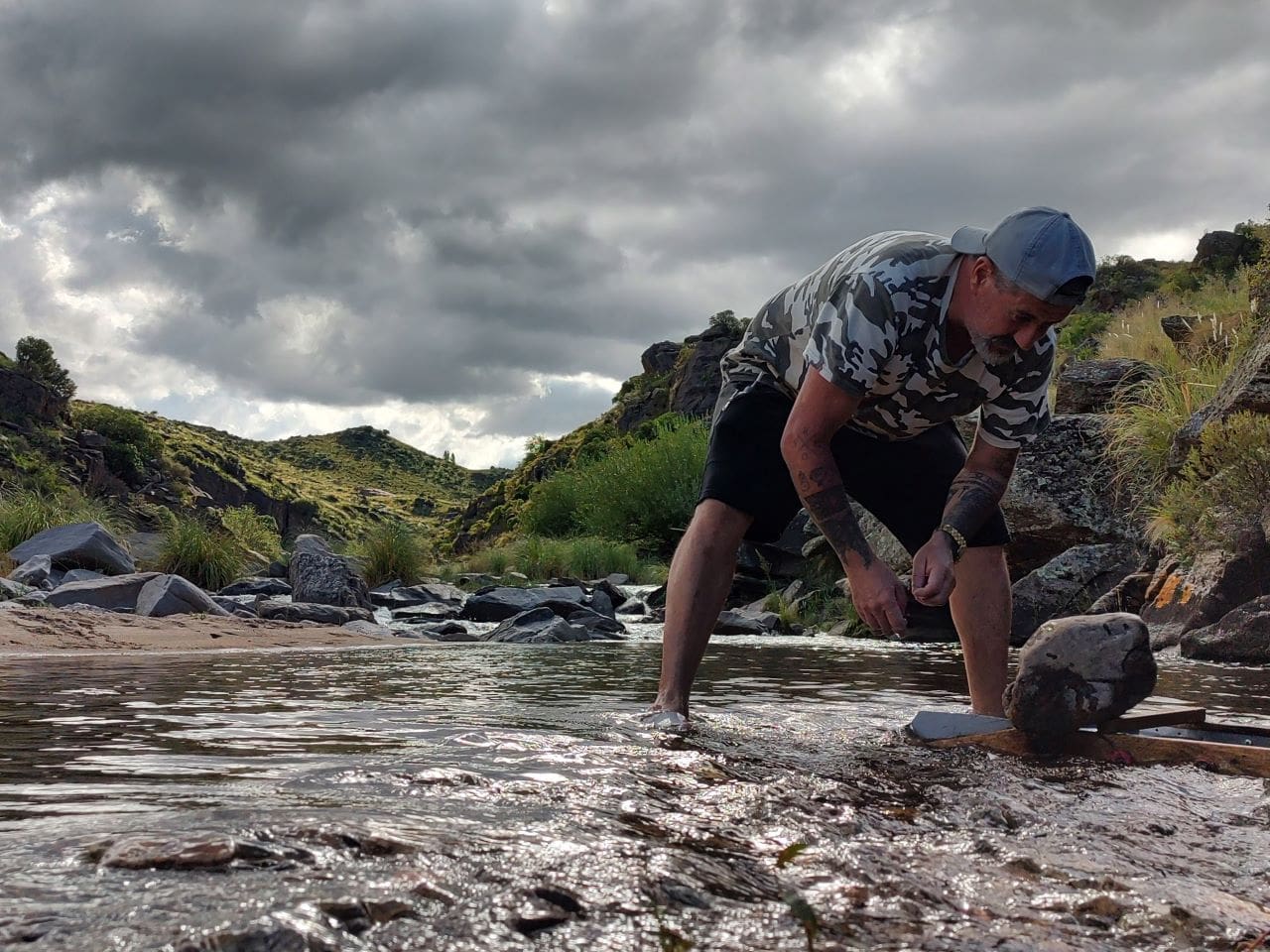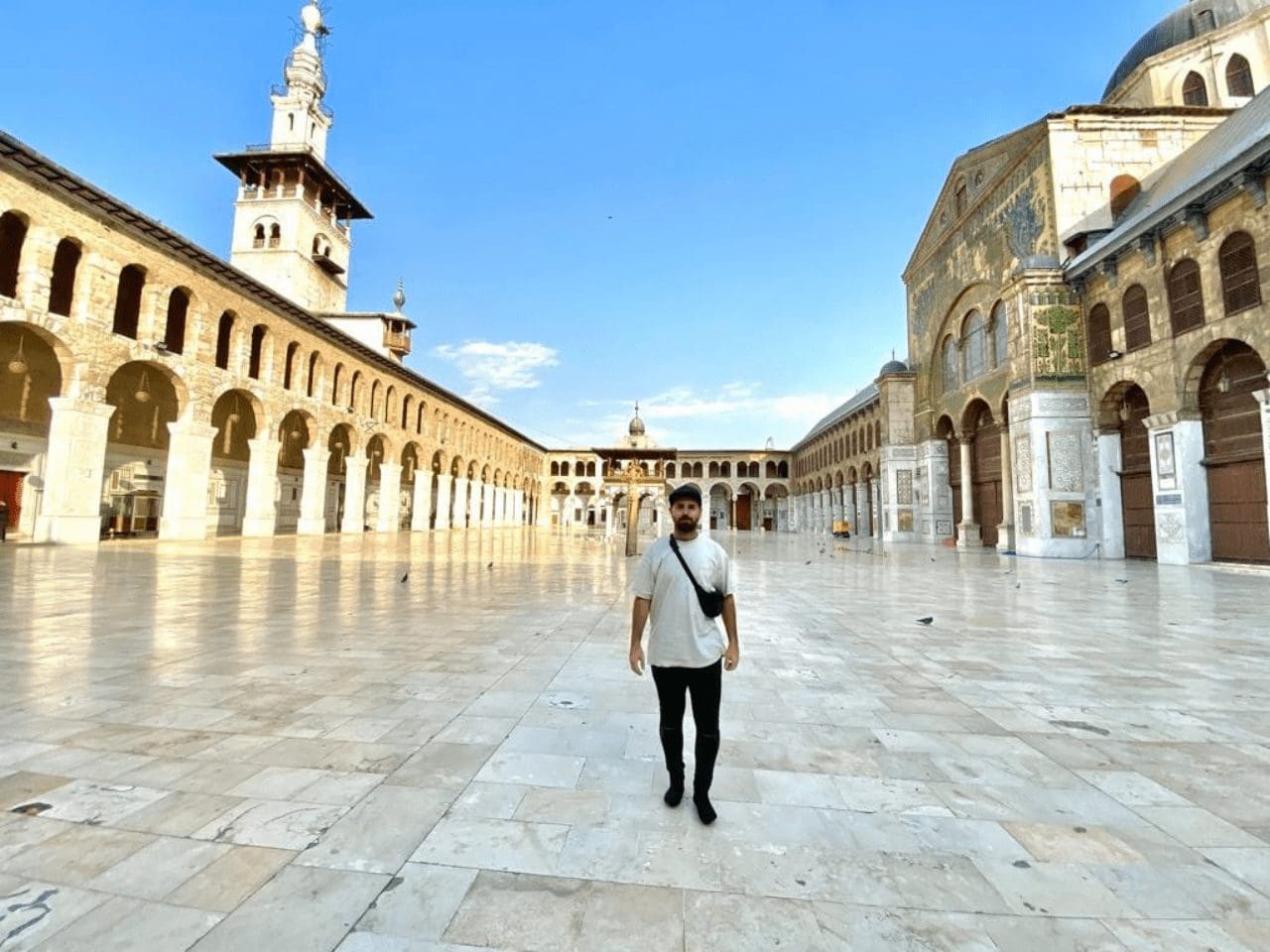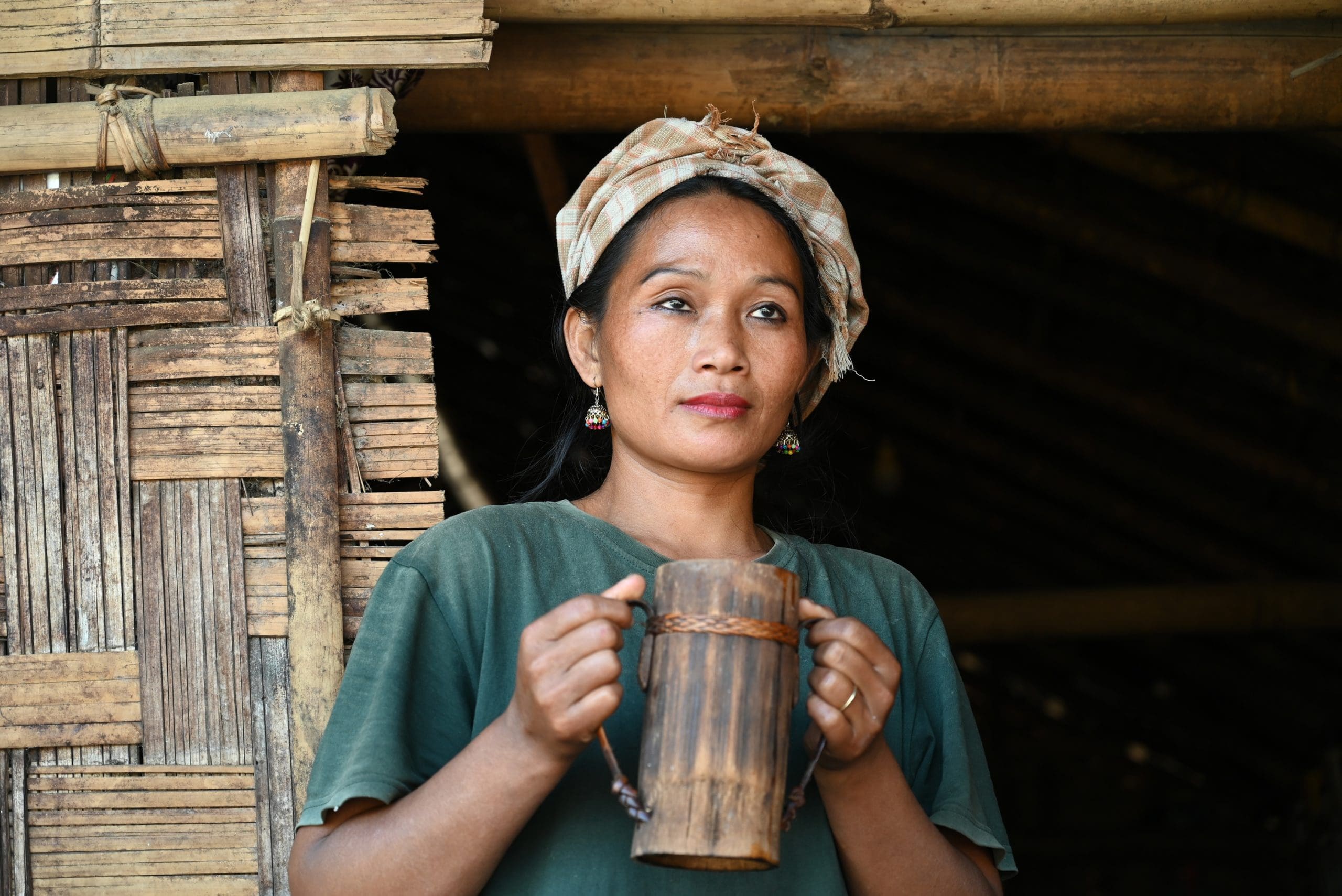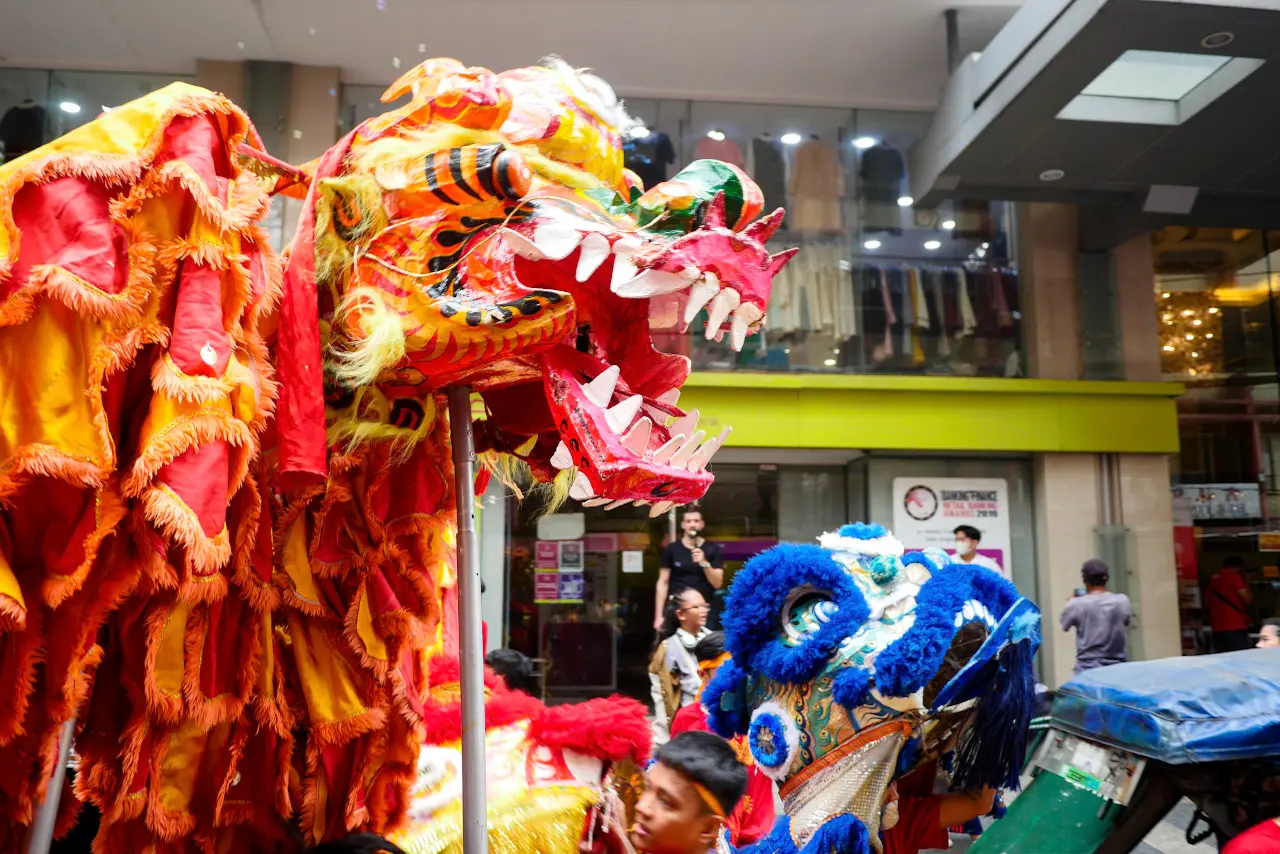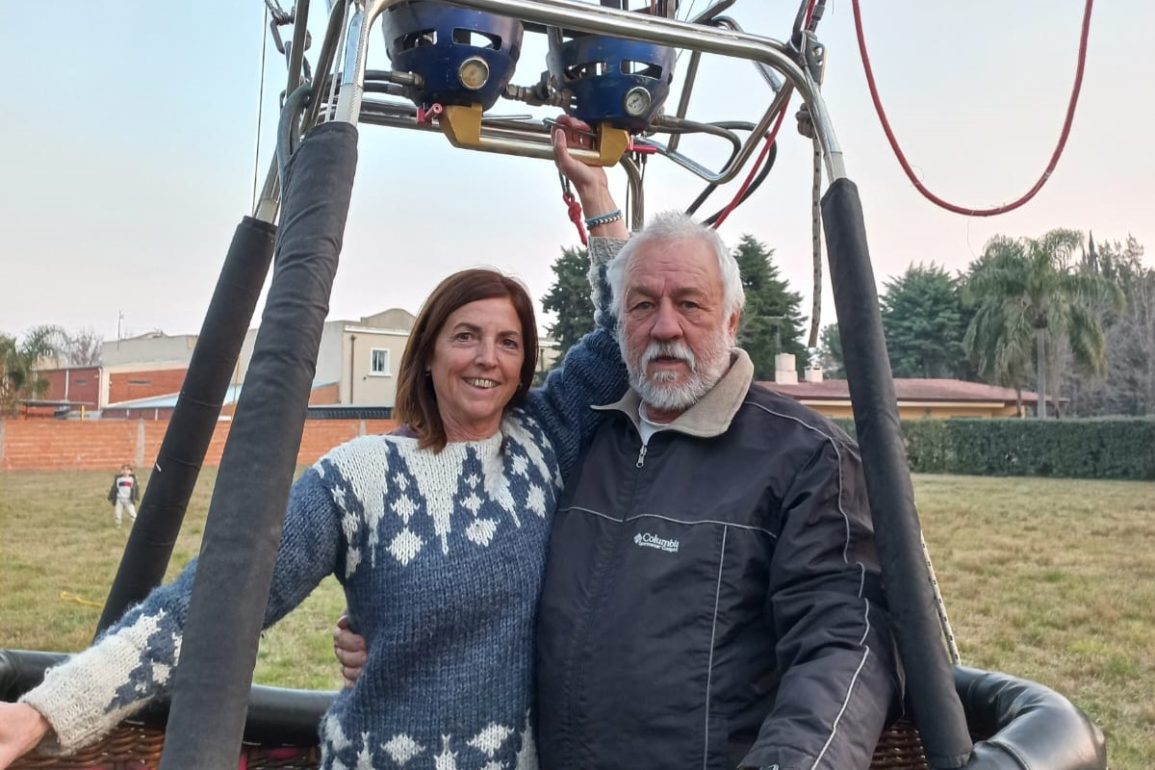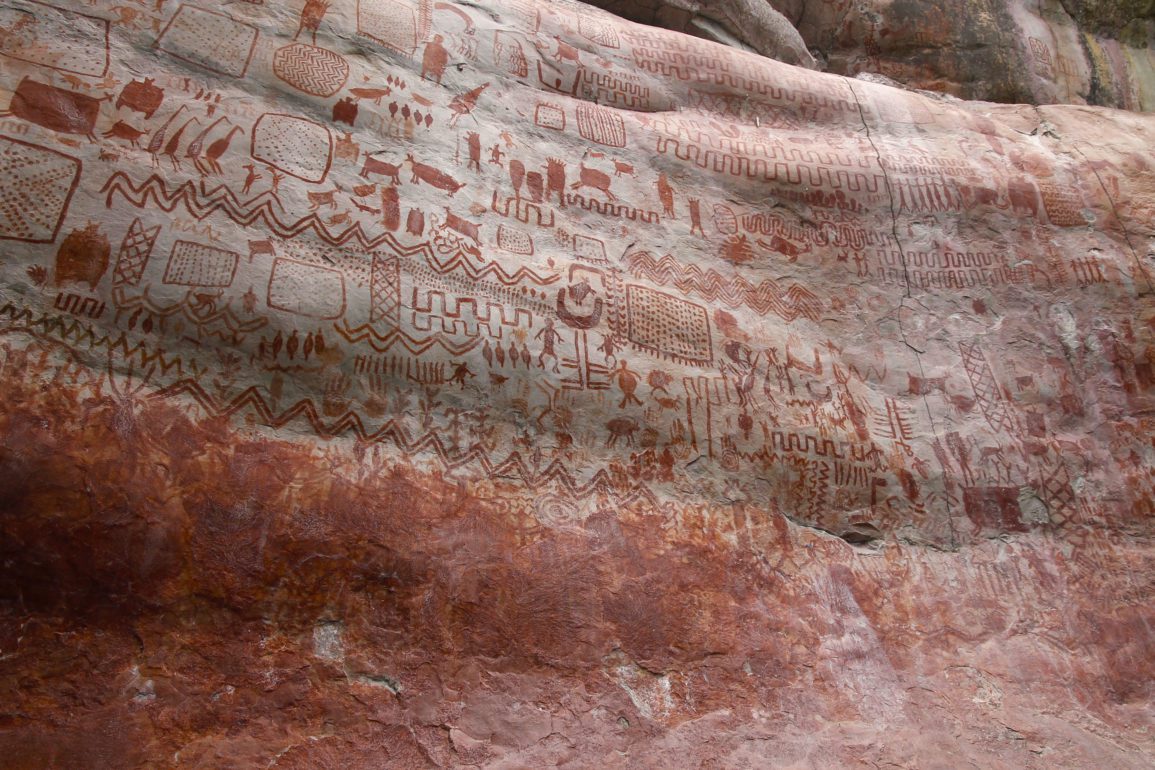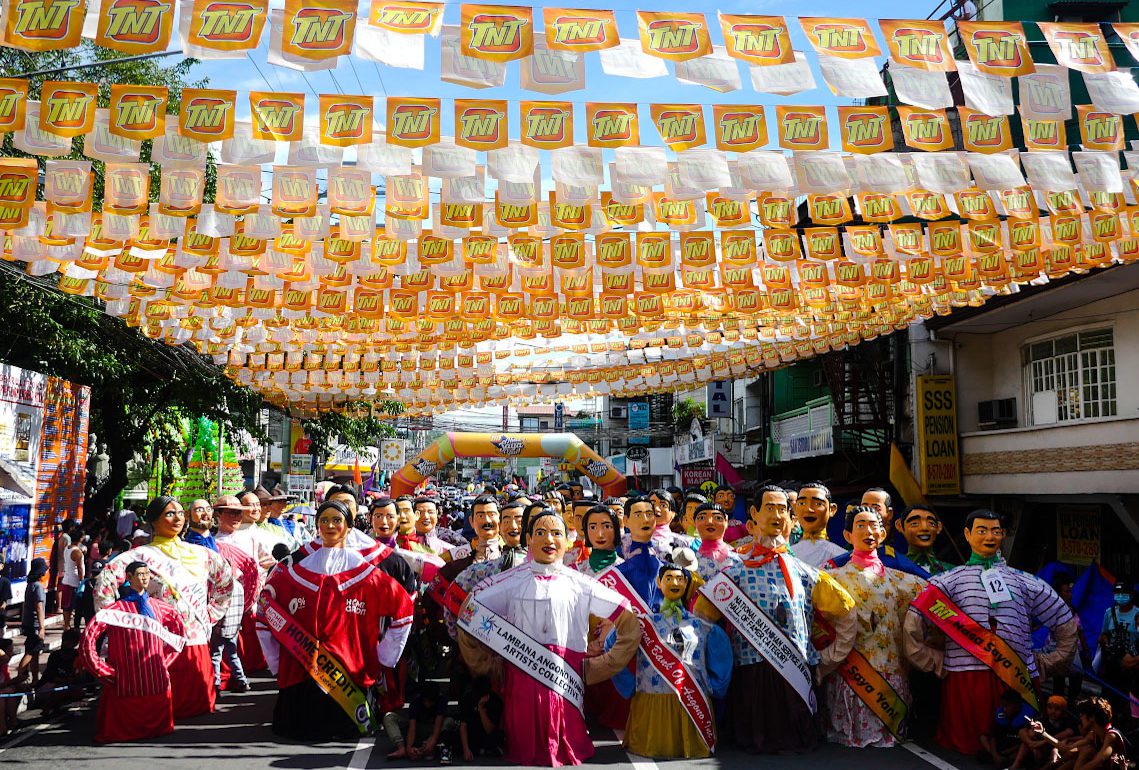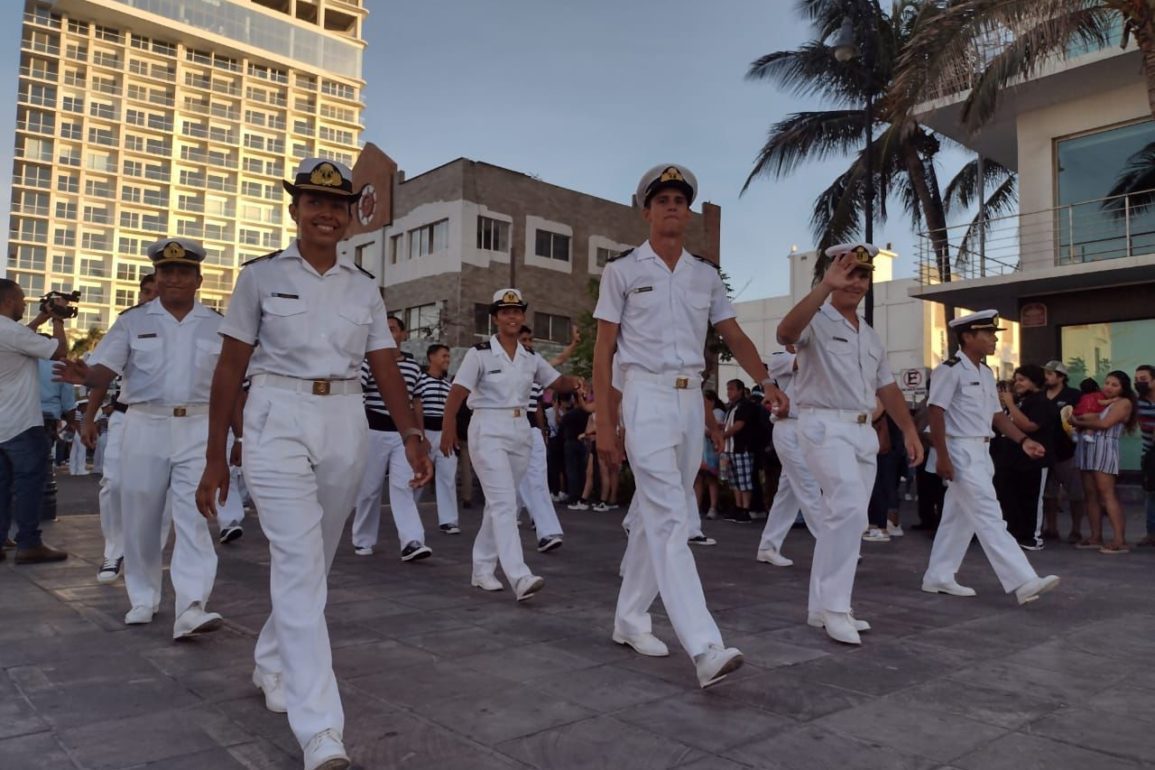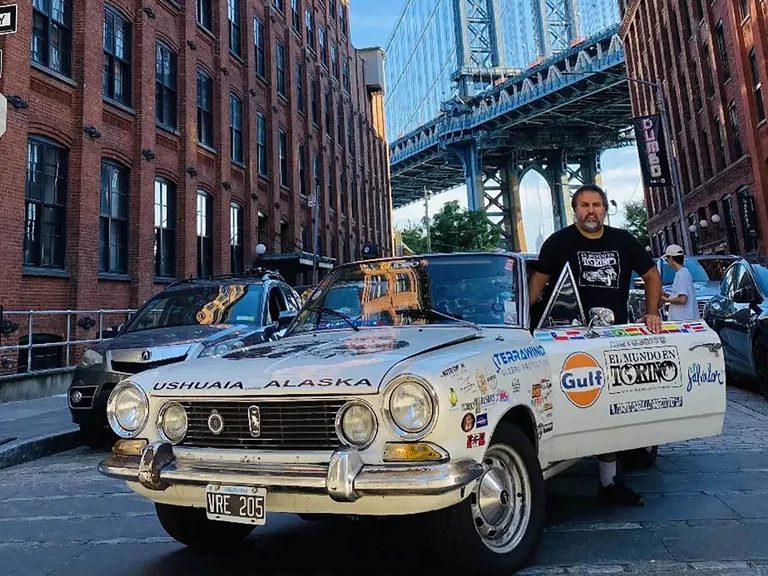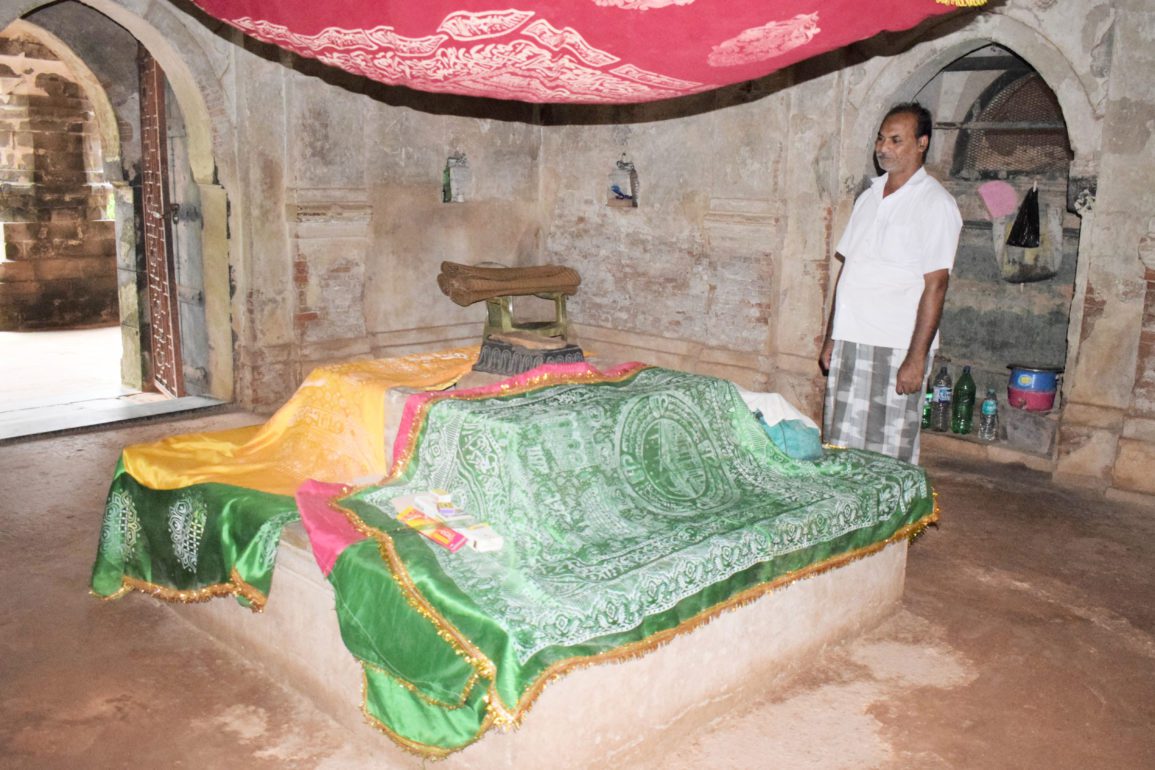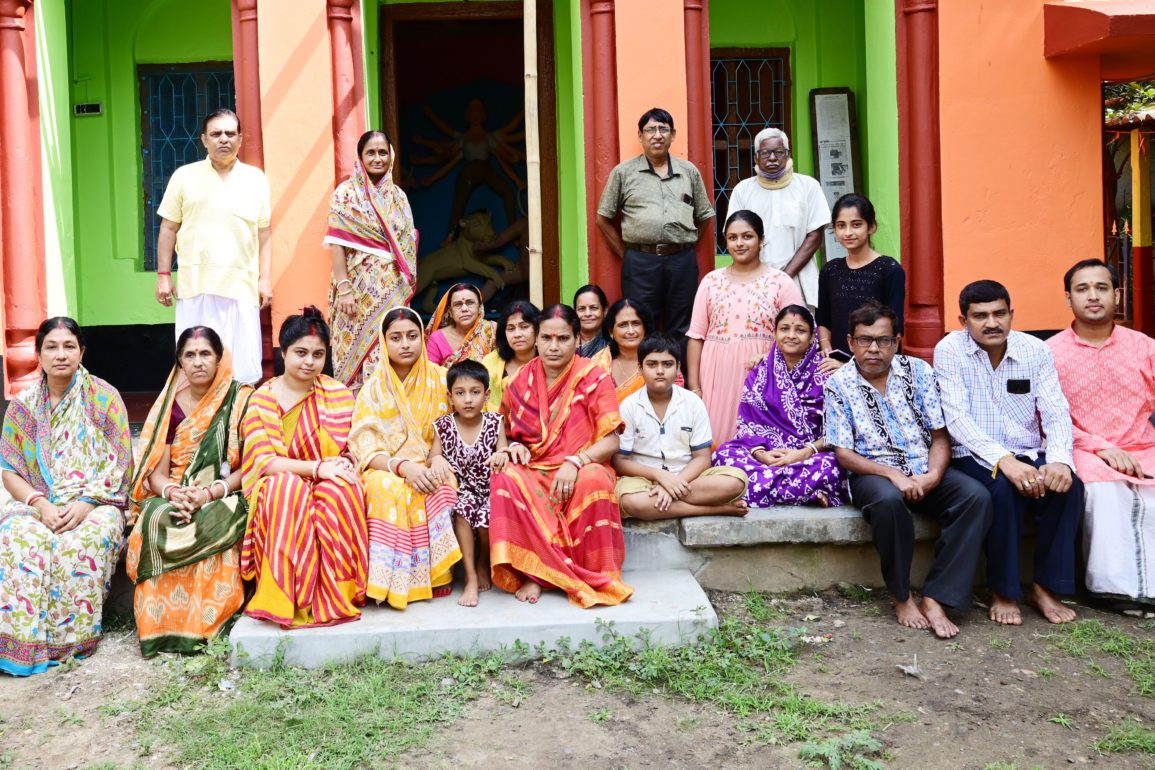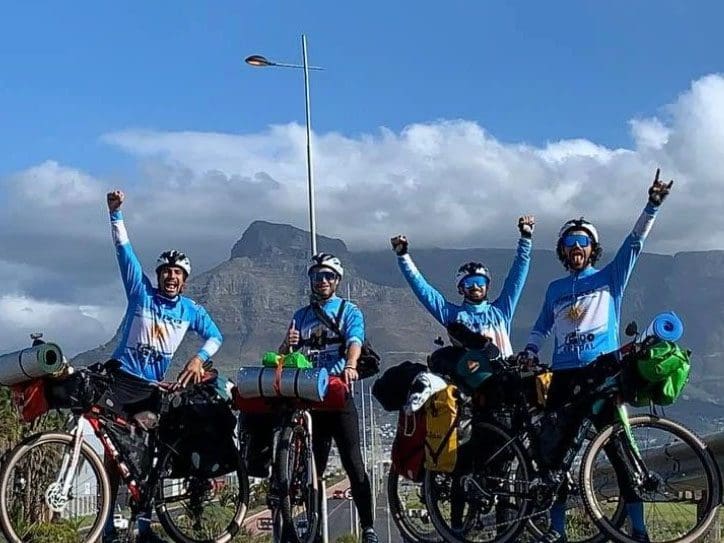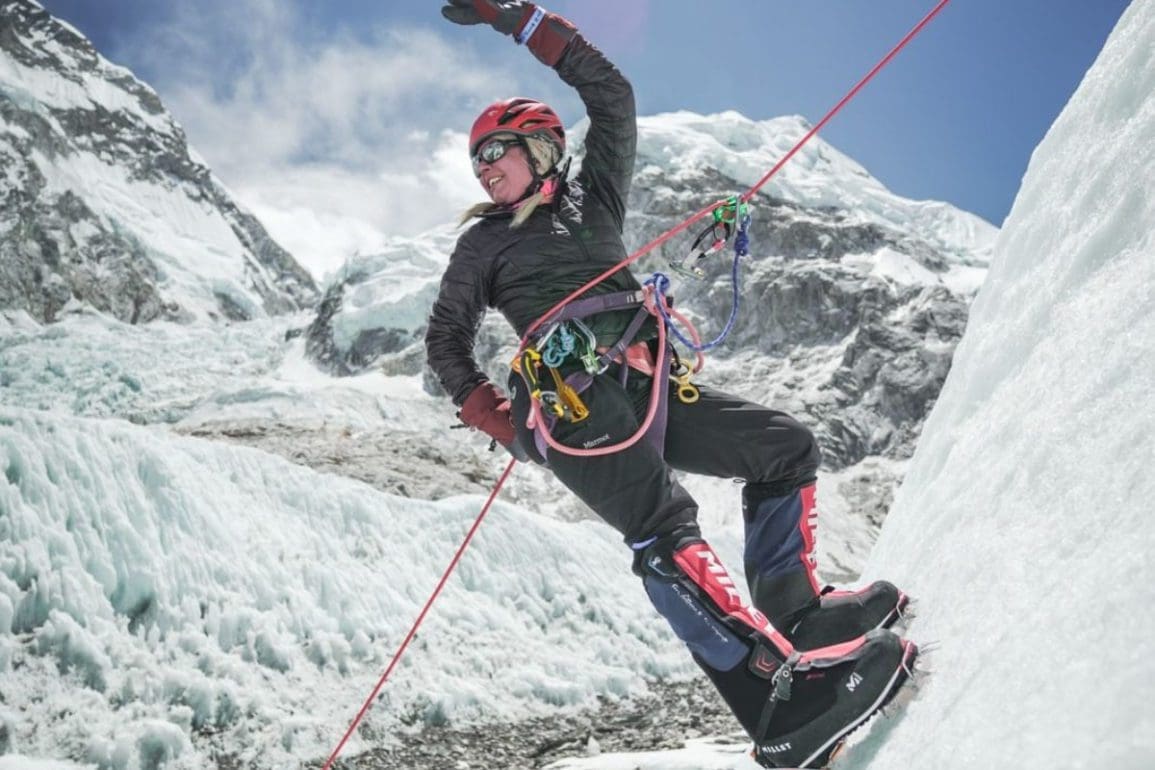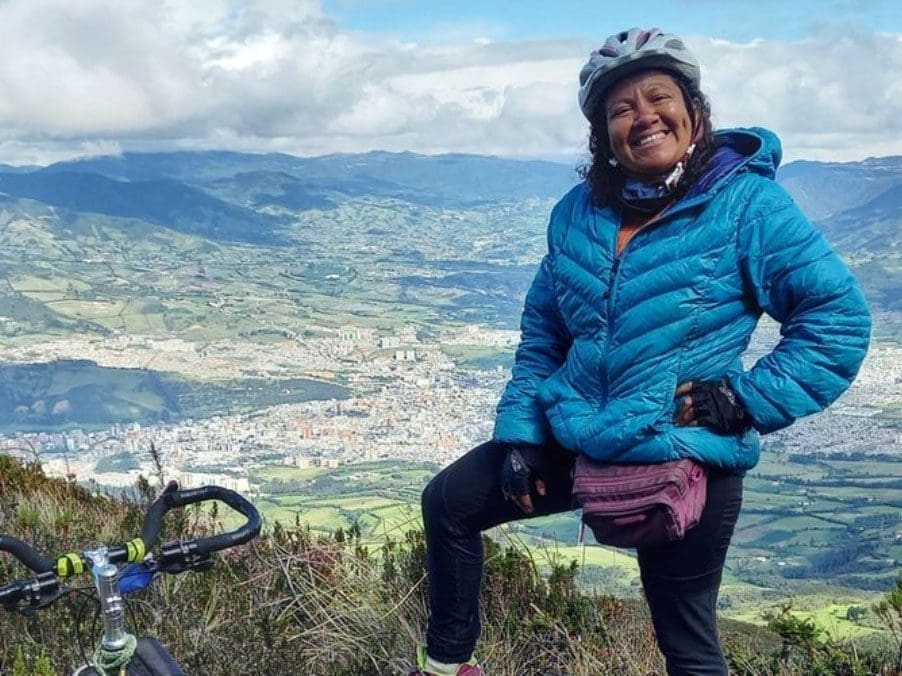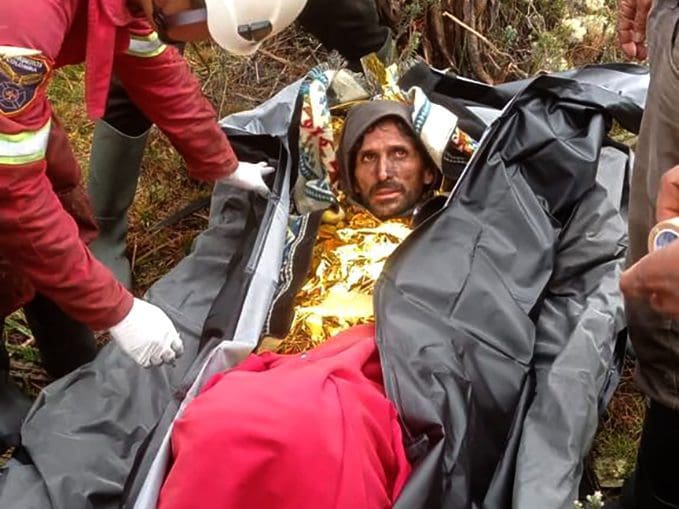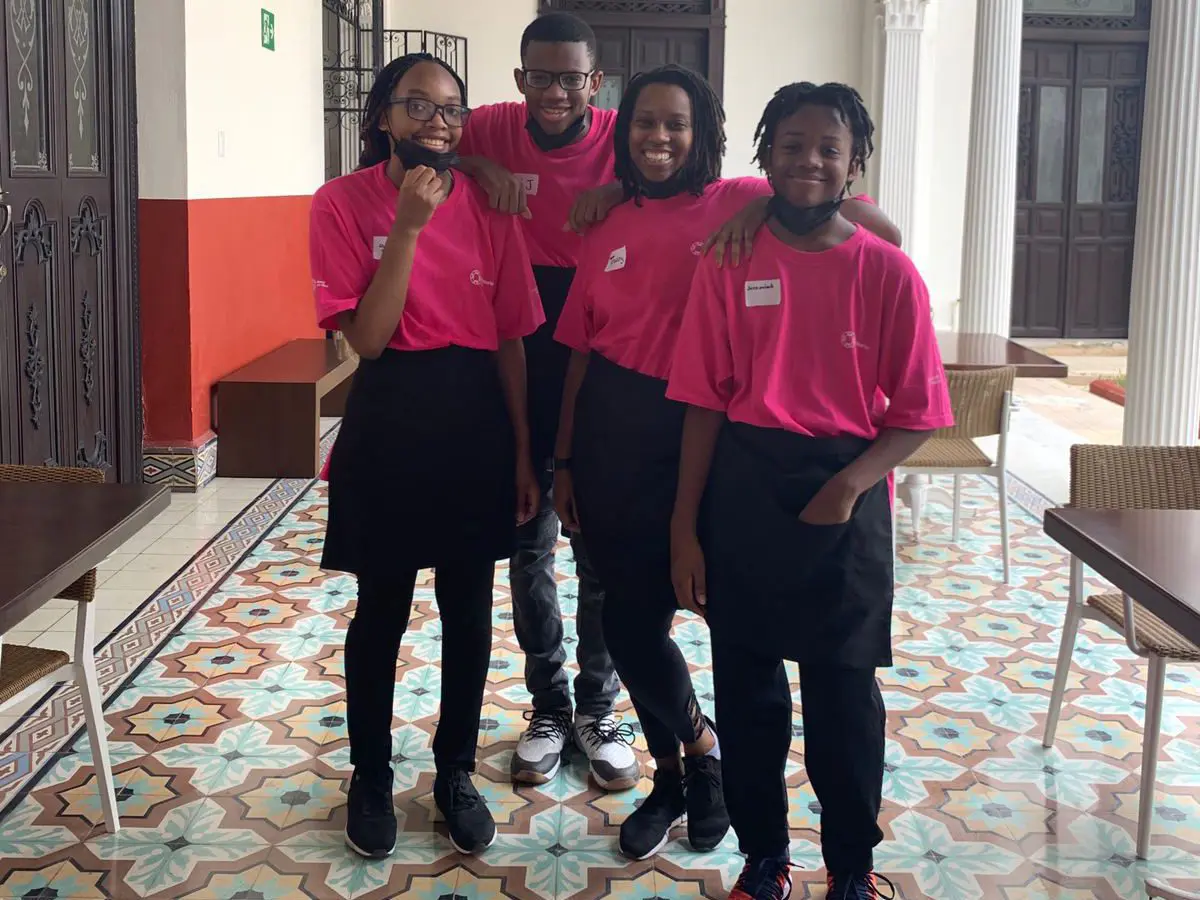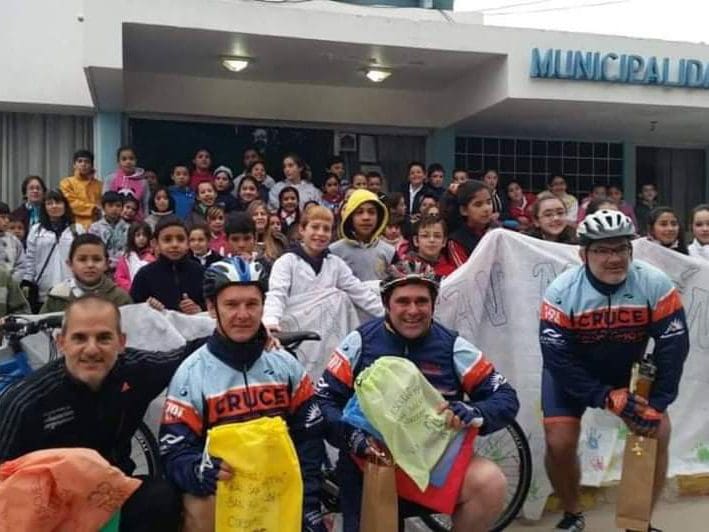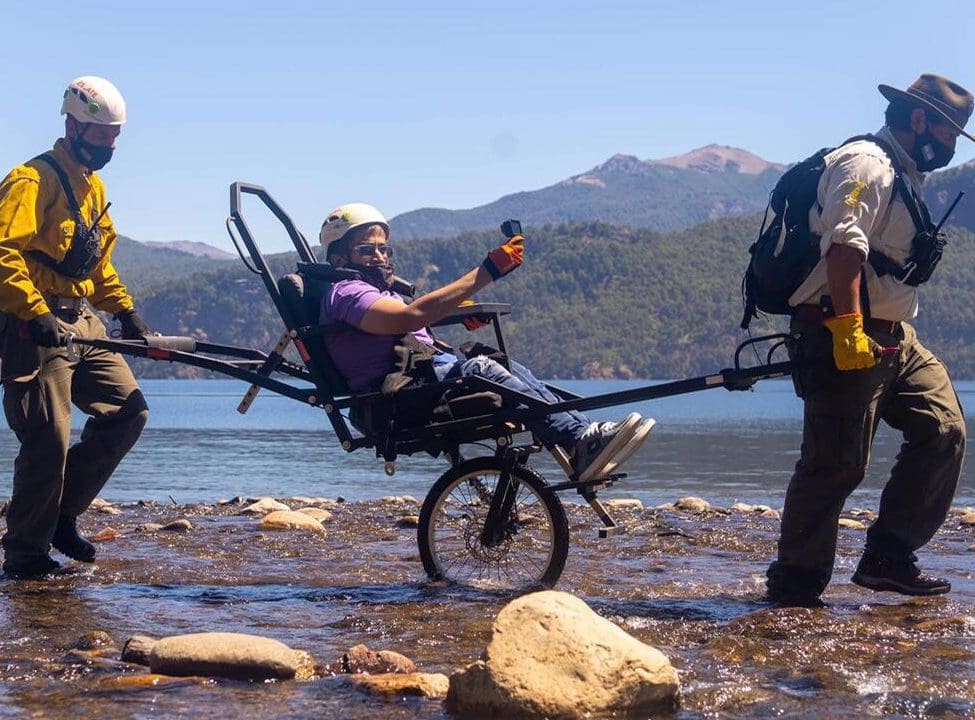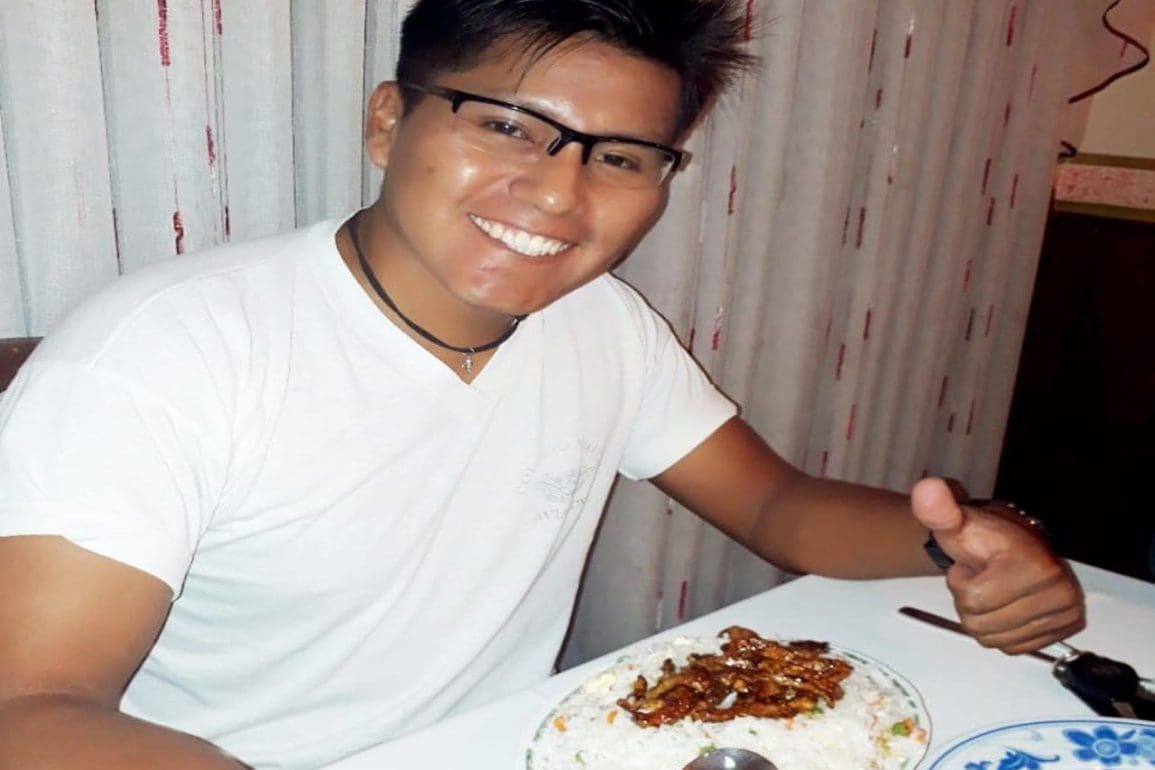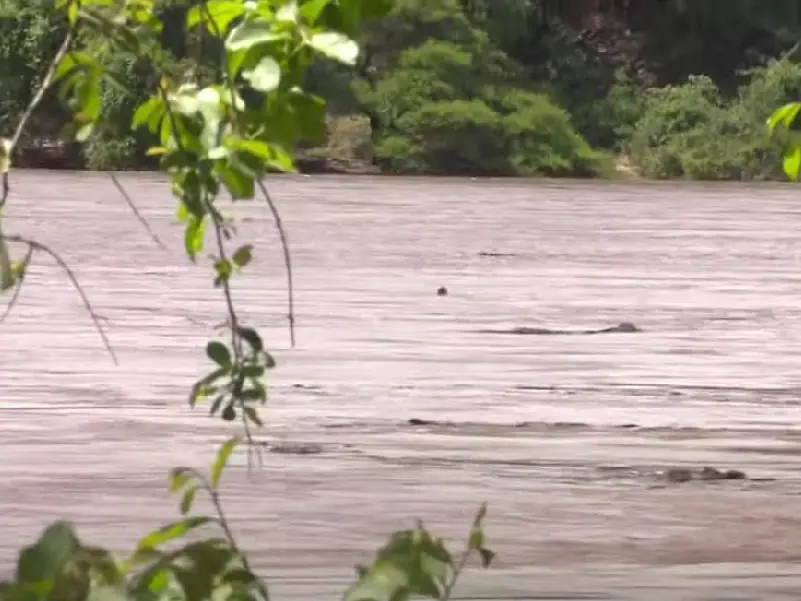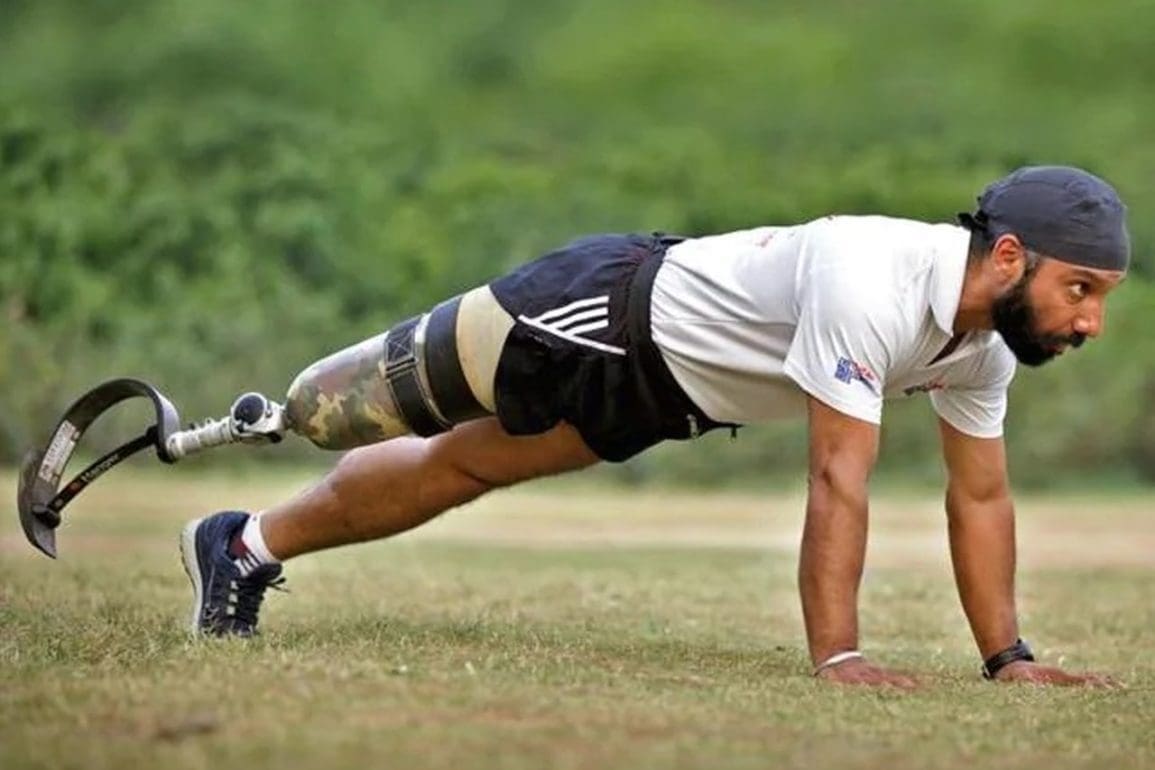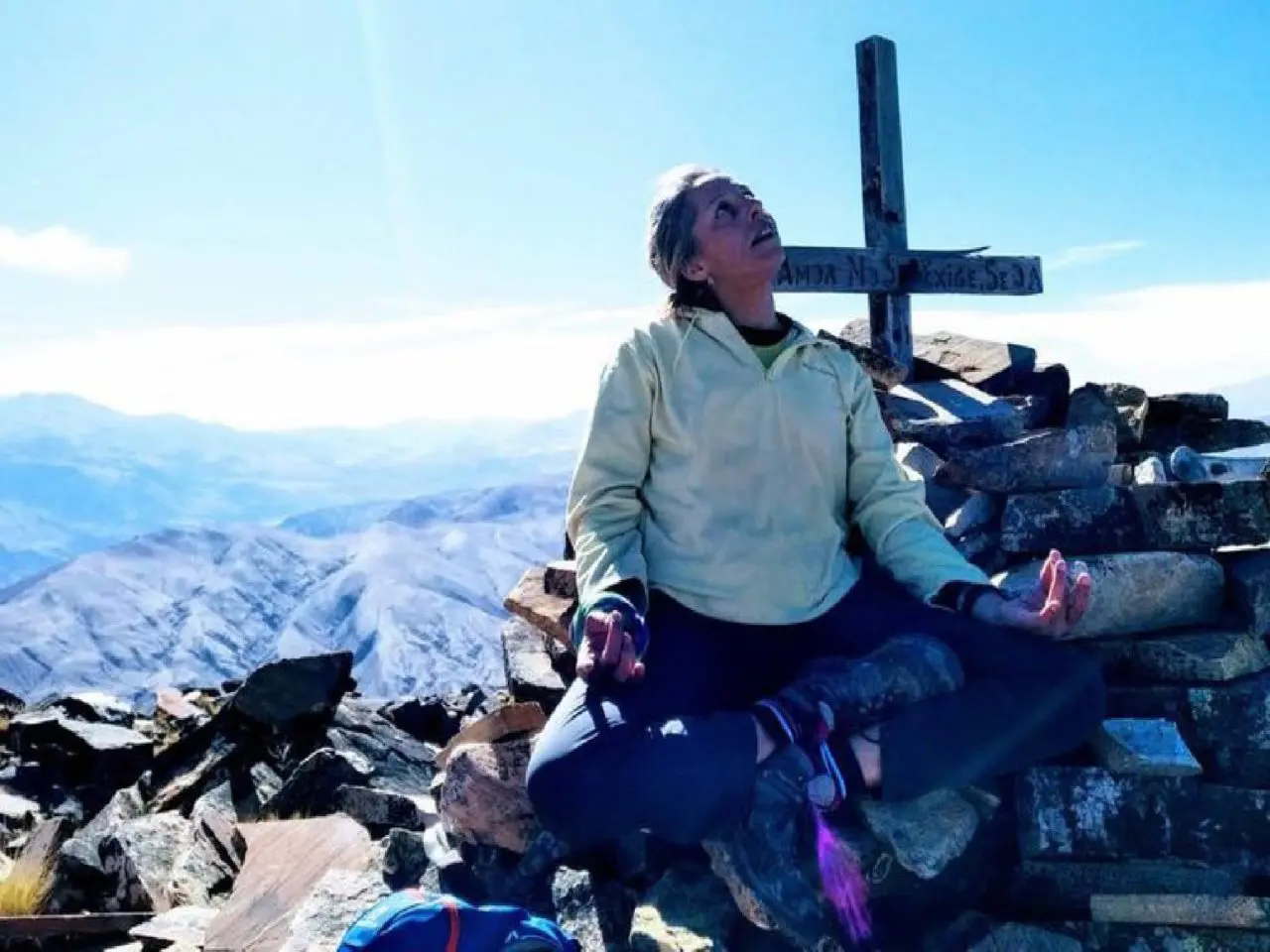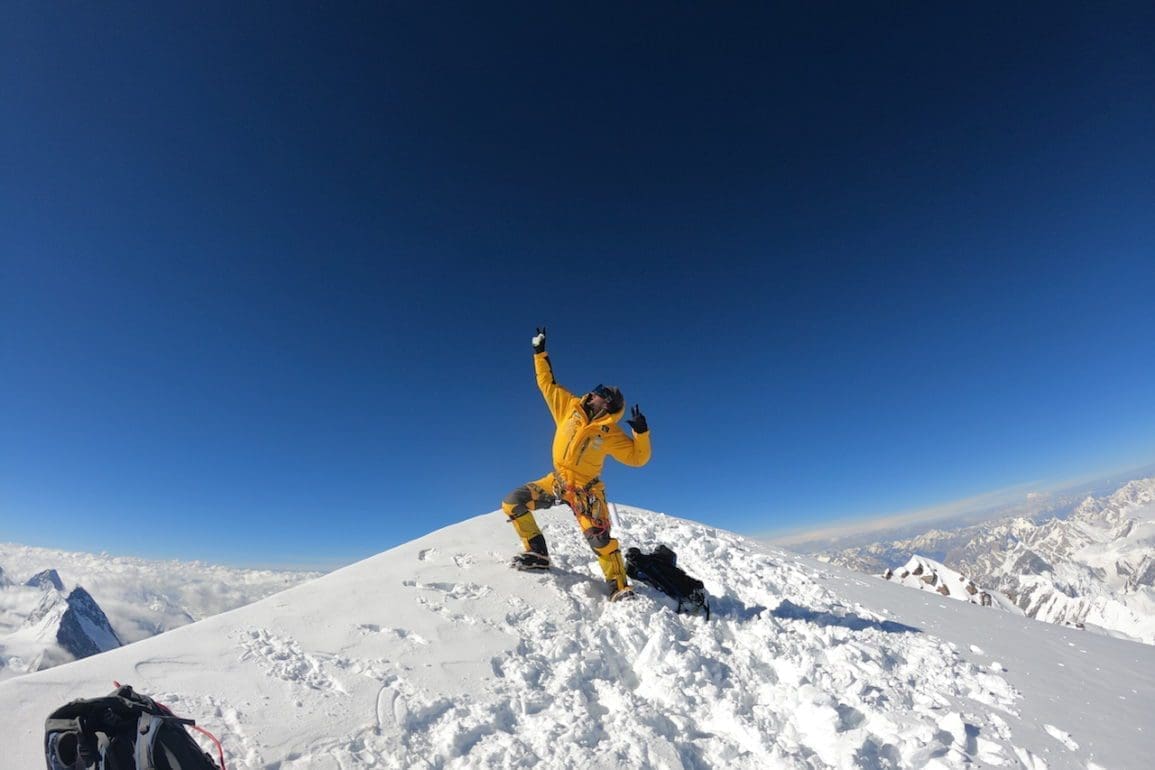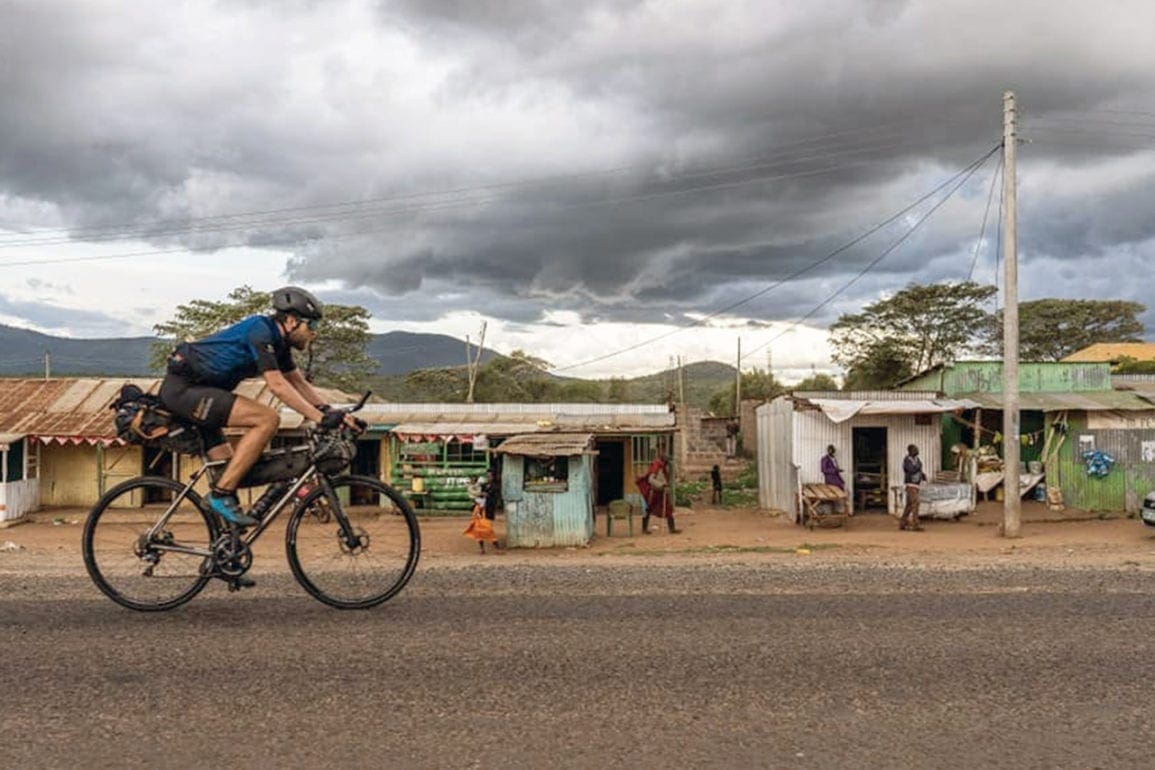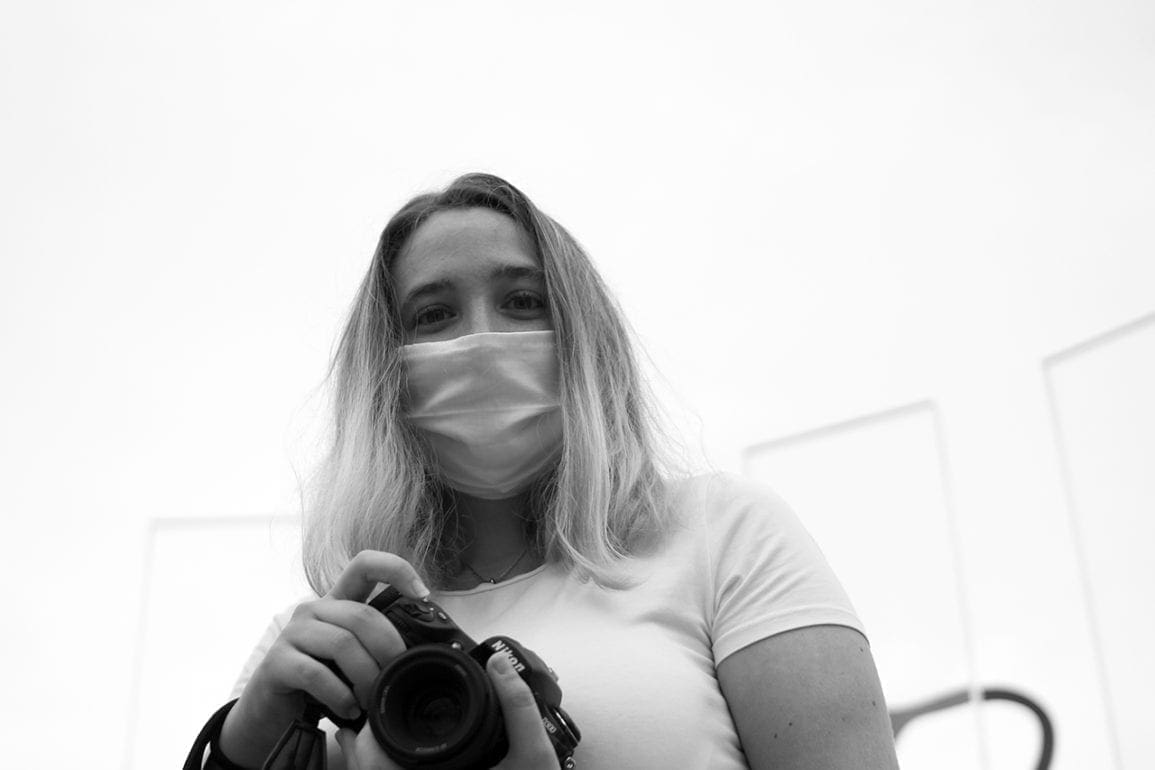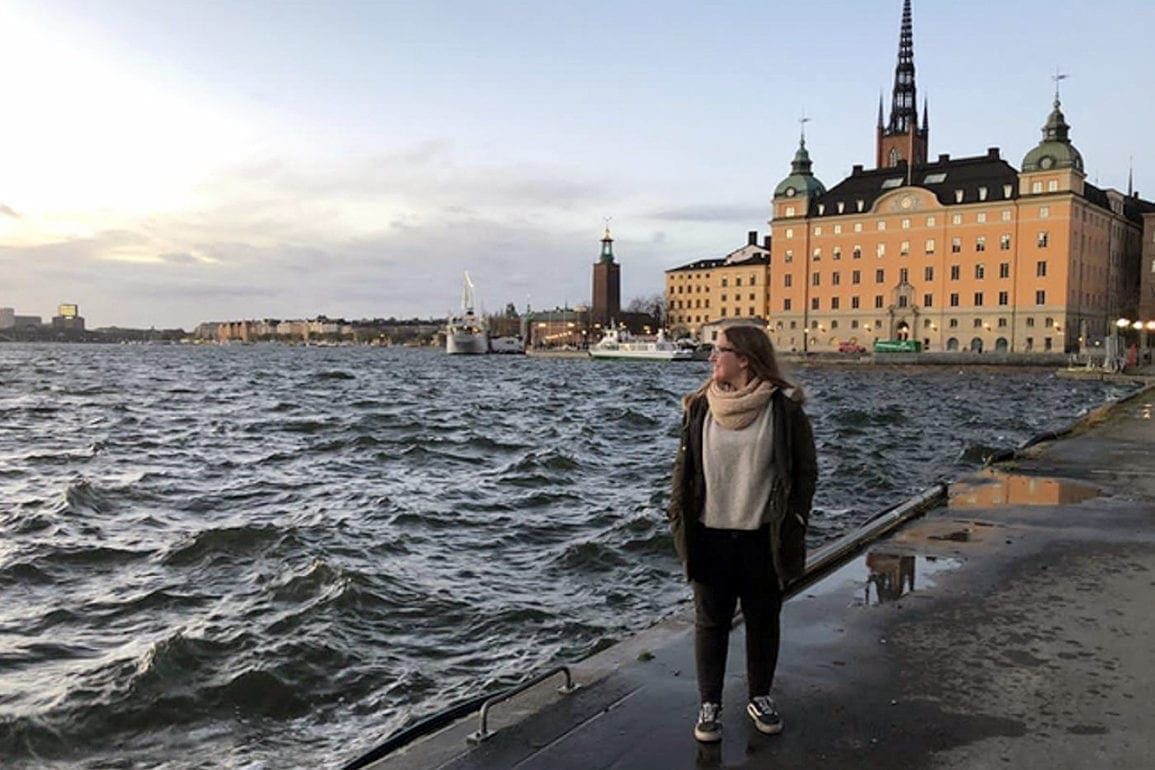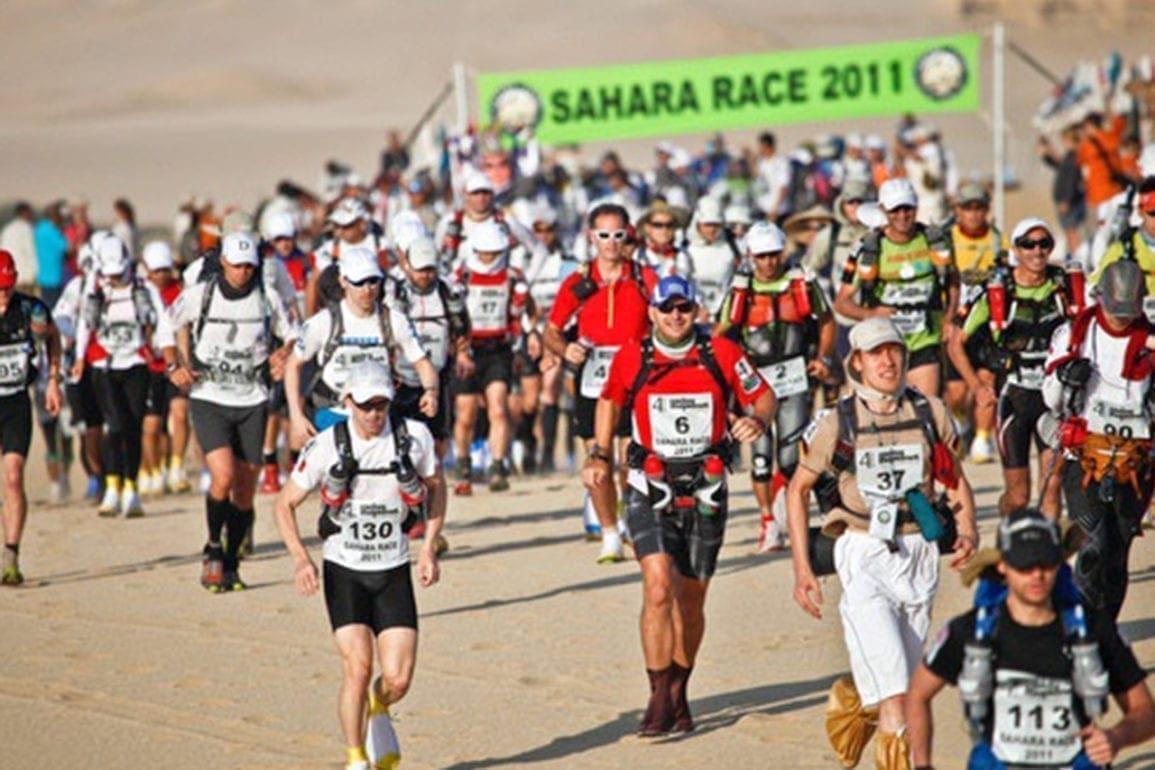Afghanistan 2024: foreigner crosses border on foot, travels into the villages
When I finally crossed the border, I looked at the landscape between mountains. On one side, I saw Pakistani soldiers, perfectly recognizable. They had short hair and mustaches. On the other side, I saw Taliban men with long hair, long beards, and painted eyes, carrying high caliber weapons. Standing there, I could barely believe it. I arrived in what I viewed as the most dangerous country in the world.
- 2 years ago
May 25, 2024
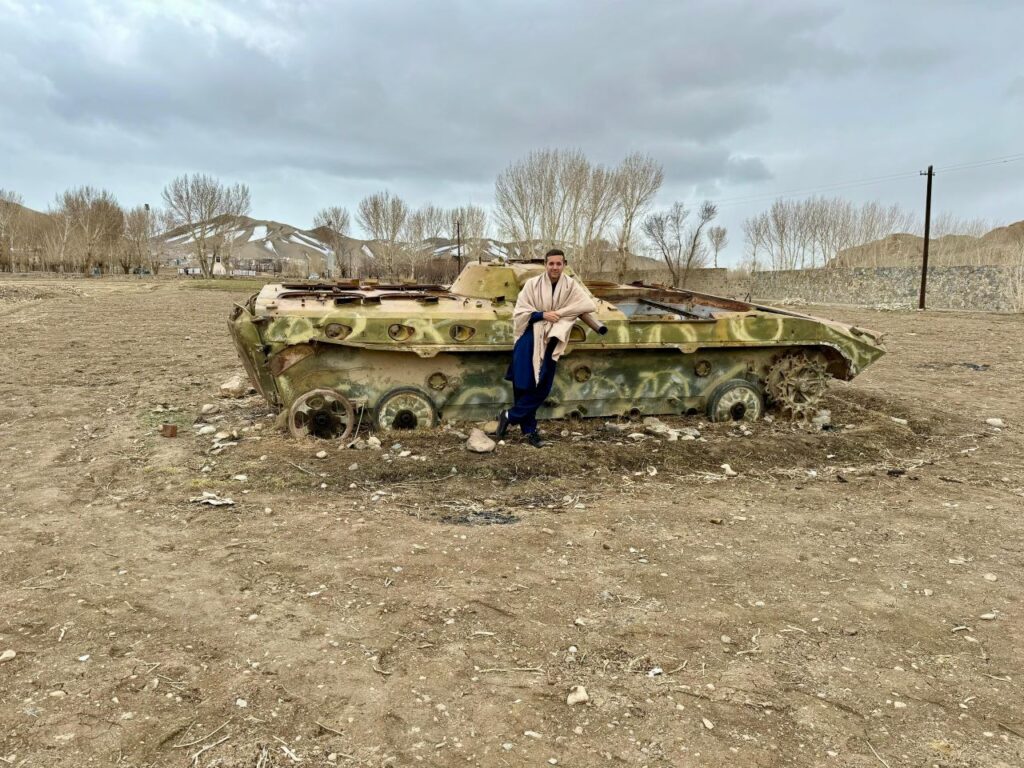
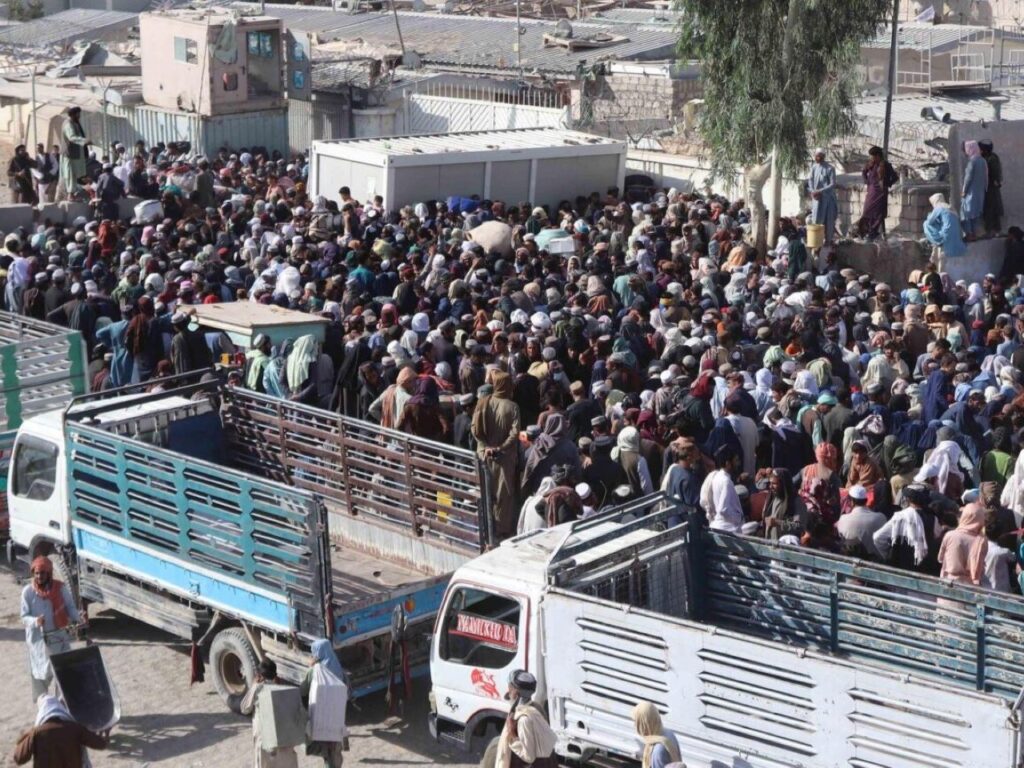
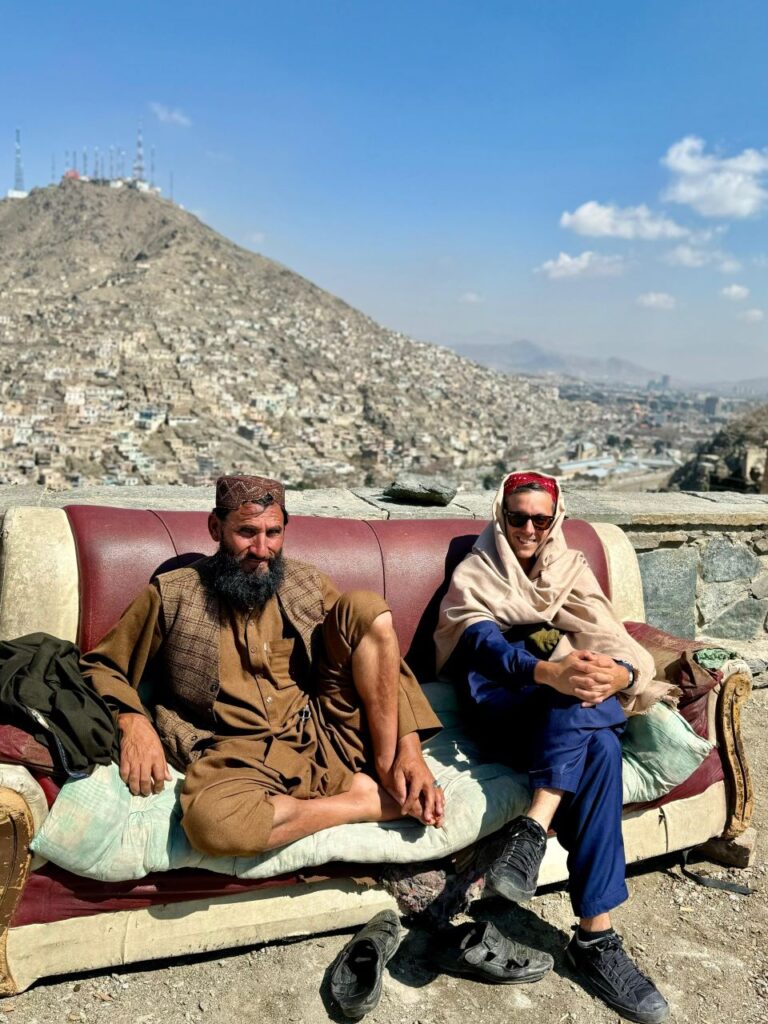
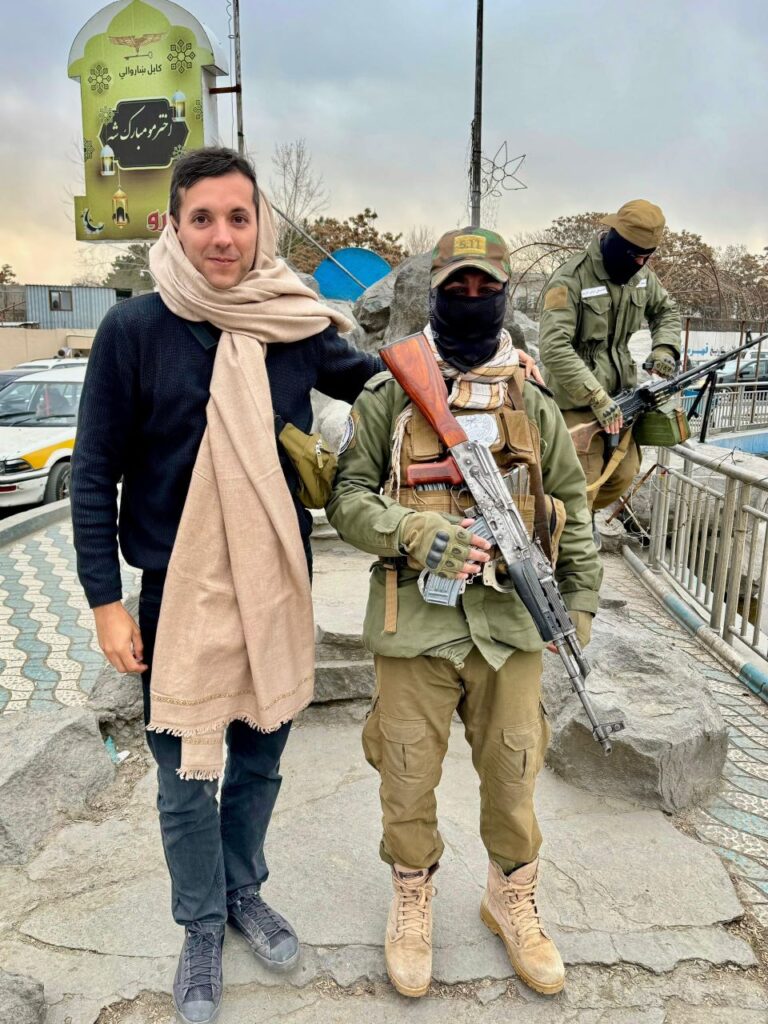
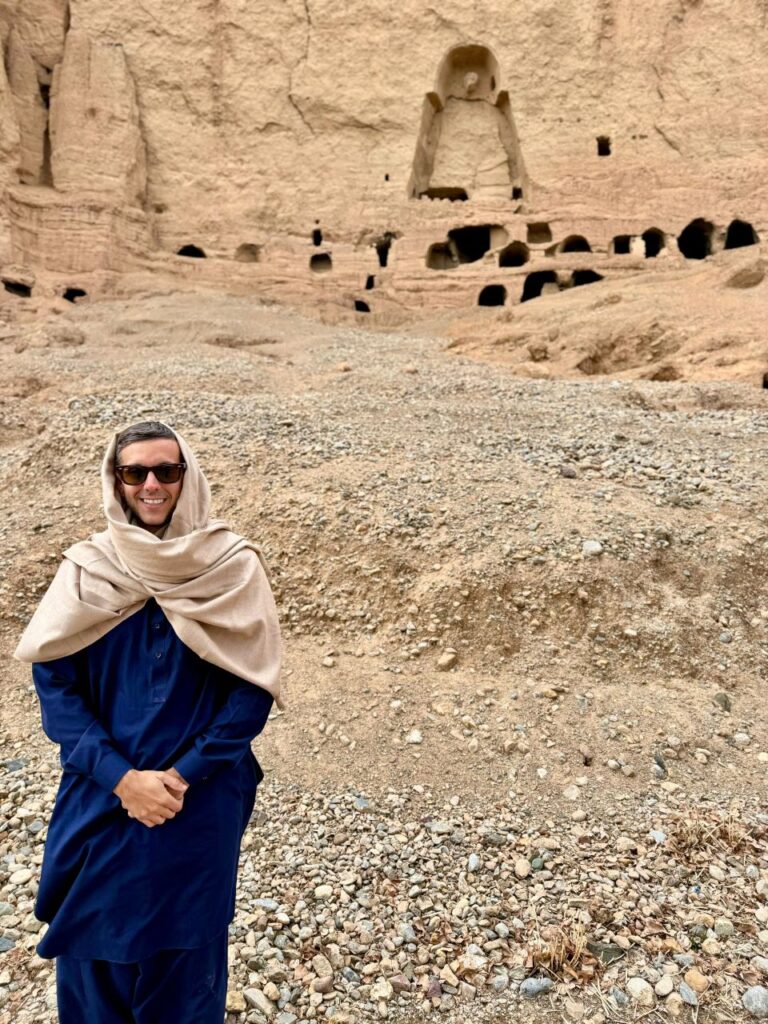
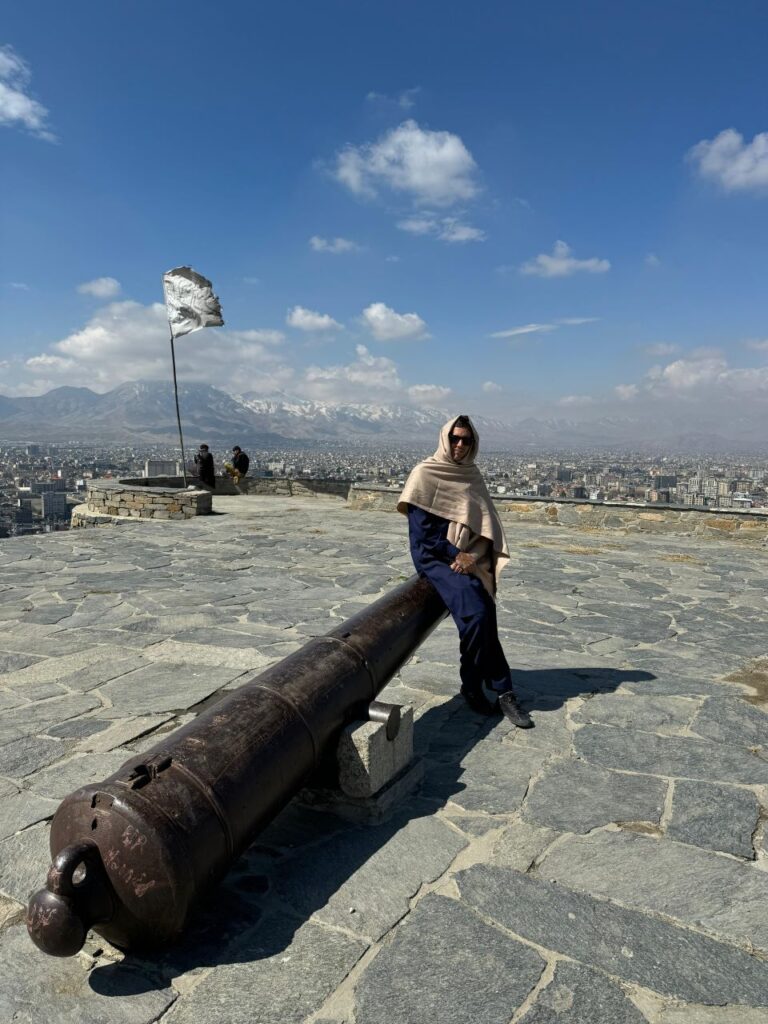
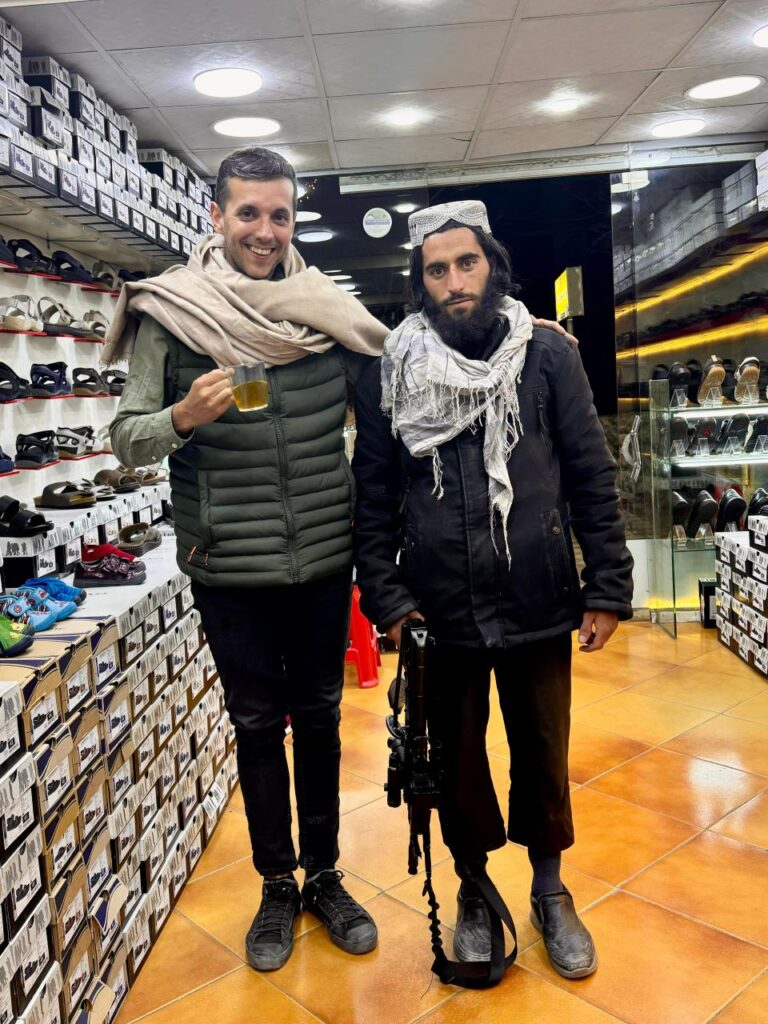
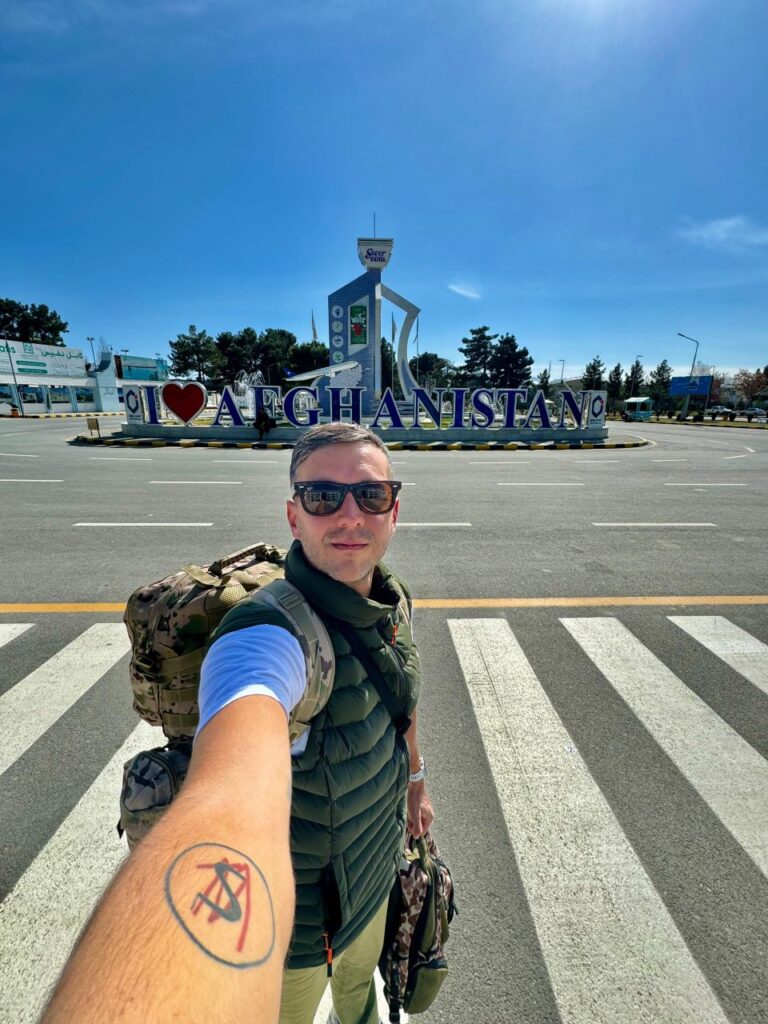
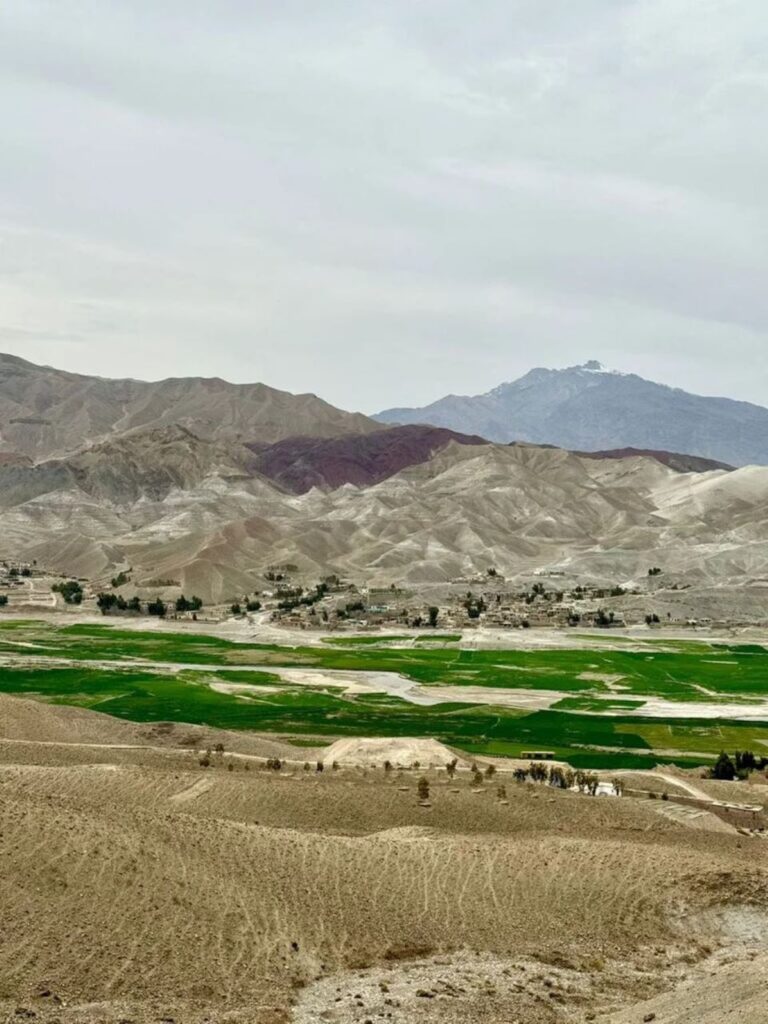
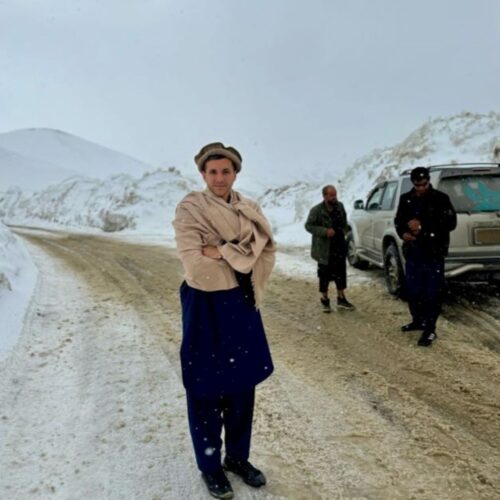
KABUL, Afghanistan ꟷ While everyone is trying to get out of Afghanistan, I decided to prepare a trip to one of the most dangerous destinations in the world. I knew I needed proper guidance and lengthy preparation; else I faced major risks. Afghanistan can feel like a war zone, controlled by the repressive Taliban government. Until two years ago, it felt like an impossible country to enter and the chances of getting out alive remained low.
When the United States withdrew from Afghanistan, after years of planning, I began to prepare my trip and this year, I undertook the adventure of a lifetime. After flying 16 hours from Buenos Aires to Ethiopia, I landed in the capital of Addis Ababa. Next, I made my way to Saudi Arabia and then Pakistan where I needed to obtain my visa for Afghanistan. Making my way south to Lahore and then to Islamabad, I decided to hitchhike the rest of the way.
Read more stories from Orato World Media out of Afghanistan.
How my journey to dangerous destinations began
From a young age, my father’s work with the United Nations led me to countries around the world, non-typical locations often in the middle of conflict zones. My parents also traveled frequently without me and sent me letters by mail every week. When I opened the envelopes enthusiastically, I became immersed in their descriptions of inhospitable places plagued by conflict. Through my imagination, those letters transported me there. I began to buy books, maps, and magazines to recreate their stories.
Falling in love with geography, culture, and religion, I felt especially passionate about conflict zones. The drama these stories weaved captivated me and little by little, the Middle East became my favorite region in the world. At 22 years old, I took on my first big adventure, planning every detail. Though the decision felt crazy and left me adrift, I flew to Croatia and then to the former Balkan countries. I walked in the footsteps of war, the only tourist in my surroundings.
The experience felt like food, satiating my appetite for travel. From that moment forward, I decided to select destinations that were increasingly spicy, traveling to Kosovo, Syria, Iran, and Gaza Strip. I visited South Ossetia, a state annexed to Russia and in dispute, and to Nagorno, a territory claimed by Armenia and Azerbaijan. My travels took me to countries in Africa absolutely outside my comfort zone.
In Africa, nothing worked as expected. Comforts did not exist and feelings of insecurity presented themselves with every step I took. I found myself in places where you can be robbed in the streets, stabbed, kidnapped, beaten with sticks, and caught up by gangs.
Detained and questioned at the border to Afghanistan
As I hitchhiked from Pakistan into Afghanistan, I found myself seated with a curious driver who asked me persistent questions. During the 200-kilometer drive, when we reached truck stops, adrenaline coursed through my body. Fear arose as we approached Peshawar on the border with Afghanistan – a very complicated area controlled by the Taliban. I understood Peshawar remained a conflict zone for two reasons.
The presence of terrorism pervades, including strong ties to ISIS and Al Qaeda. I saw a humanitarian crisis as the Pakistani government threw out refugees. Crossing this space, marked by arms, drugs, and human trafficking, required extreme precautions. As we advanced along the border, despite the challenges, I felt like I was about to open the door to my greatest dream. I decided to cross on foot.
The tidal wave of people moving around, and the volume of trucks and cars, seemed impressive. It represented the most populated border I ever crossed. As I walked, personnel from the intelligence services stopped me. The intense military activity led to several controls and interrogations. The authorities took me to a small room, full of tension, where I answered questions.
Feeling alert, I held my cell phone in my hand, my finger ready to call my contact at the Argentina embassy in Pakistan if things escalated. Suddenly, they took my passport, which infuriated me. Though agitated and physically and mentally exhausted, I needed to remain calm. As they held my documents illegally, I began to feel suffocated.
Encountering Taliban soldiers at checkpoints on the road to Kabul
The minutes ticked by slowly and civilian personnel entered the room, explaining that they were on red alert and needed to take extreme precautions. As the only foreigner coming in this way, it seemed all the suspicious activity fell on me. I took a deep breath, got my passport back, and slowly began to calm down.
When I finally crossed the border, I looked at the landscape between mountains. On one side, I saw Pakistani soldiers, perfectly recognizable. They had short hair and mustaches. On the other side, I saw Taliban men with long hair, long beards, and painted eyes, carrying high caliber weapons. Standing there, I could barely believe it. I arrived in what I viewed as the most dangerous country in the world.
Halfway to Kabul, we stopped amongst the refugee camps. Though UNICEF had a presence there, I saw people living in very sad conditions. It seemed far removed from the typical humanitarian conditions I saw before. The refugee camp sat anchored in the middle of the desert, in an area of high thermal amplitude. The heat of day felt suffocating and at night, it became very cold.
By then, I joined with a man I hired – an armed guard and interpreter who spoke English. Tensions in Afghanistan can escalate from zero to 100 in seconds due to slight misunderstandings, so his presence remained critical to me. Moving forward, we encountered constant checkpoints. In 100 kilometers, we got out of the car about 30 times. Each time, I witnessed Taliban men, armed to the teeth with grenades strapped to their bodies. They pointed machine guns at us and held missile launchers.
Afghanistan today: a landscape marked by war
Frequently, the Taliban made us put our arms on the hood, checked out pockets, and examined our documents. The stress hovered as my hands began to sweat. I felt as though I was going a thousand miles an hour, uncertain of what to do. Unable to understand anything, I worried about being misinterpreted and shot. Fear stalked me at every stop and life and death felt centimeters away.
As we approached Kabul, it lay surrounded by the majestic, snow-capped Hindu Kush Mountain range. Yet, walking around the capital felt disconcerting. Google Maps essentially doesn’t exist. I punched in a destination and nothing it said proved true. I encountered demolished streets, a destroyed bridge, and military walls. Vehicles and military equipment left by the Americans and the armaments throughout the city seemed striking.
Completely surrounded by reinforced concrete and defensive walls, the city of Kabul revealed an extreme military presence. At the same time, the city felt very cosmopolitan. I could see the previous international presence in the hotel networks, restaurants, and shopping malls that once thrived. The Muslim culture mixed interestingly with Soviet architecture.
Soon, I began a 488-kilometer, 20-hour trip south through the area separating Kabul from Kandahar on a hellish, deserted, destroyed road. We passed cemeteries with green Islamic flags marking the burial of martyrs of jihad. Craters, shells of cars, and destroyed mud villages dotted the landscape. It felt impossible to discern what caused this – the Soviet forces that left in the 80s, the fratricidal combat of civil war, fights between the Northern Alliance and the Taliban, or allied bombings.
The Afghan people display hospitality and a rich culture
Remnants of war and misery surrounded the mountains and covered the arid and sometimes leafy landscape. During the day, I went to the markets despite the guide’s warning it may be a potential target for terrorist attacks. I took the risk anyway. The markets reflected what you see in the media: crowds of people shouting and selling. Some follow and offer you things as you circle live chickens and cattle. I found small tea stalls and places to eat.
My visit coincided with Ramadan, and I saw people socializing and shopping in the mornings. People work less and rest more during Ramadan. Businesses selling food like bars and cafes remained closed during the day. From 4:00 a.m. to 6:00 p.m., the people completely fasted – no eating or drinking. Yet, from 6:00 p.m. on, I saw the best of the best. Celebrations began as the sun went down, hiding between the mountains.
The sunset colored everything in an orange glow. I heard speakers at the mosques calling the imam to pray and inviting people to break the fast. The excitement of those moments gave me goosebumps. The people laid on carpets in the streets and began to eat. On several occasions they invited me to share a delicious tea.
Juxtaposed against this beautiful scene, I saw armed people on the streets in a show of intimidation. On one occasion, in a restaurant where they sold meat, the Taliban rested their machine guns on the table and unloaded them. A permanent climate of tension filled the air, keeping you constantly alert. Above all, I frequently checked the internet for information on the area because everything can change from one second to the next. They can close the border, trapping you wherever you are.
Inequality and the nullification of women’s rights in Afghanistan remains shocking
Despite this, my interactions with the Taliban went smoothly. They treated me well. This contrasted others’ experiences. Walking through the streets one day, I saw a woman. Forbidden to go out unaccompanied or after 6:00 p.m., I encountered very few women in Afghanistan. Seeing her eyes peering shyly through her burka, I knew she was a young girl. I tried talking to her, but immediately a man stepped in, speaking in a loud tone that startled me. She quickly lowered her head and walked on; her eyes fixed on the ground.
When I did see girls on the street, it remained marked by a complete absence of boys. Since girls lack the right to study after the age of six, they walked about as the boys went to school. Those of low income often wandered the streets. With the help of my interpreter, I did talk to one of them and she explained, “I have nothing to do at home.” Those of upper middle-class families who can afford private education pay for it illegally and study in hiding.
I even noticed men lacked rights as well. They cannot smoke or drink alcohol under penalty of death. It happened that I went into a bar to eat, and they took me to a different floor where, in a darkened room, they smoked shisha in hiding. I stayed and in about 15 minutes, I heard screams and blows. The Taliban burst in, advancing through the shadows, taking everything. With the help of locals, I ran out the back, saved by a miracle.
Afghanistan forever marked his soul
Sadly, I also witnessed major problems with opium addiction, which is not forbidden. Hundreds of people squatted by smoke-stained walls to inject or inhale it. Others lay on the ground, curled on their backs amidst filth. They live only to get high, my interpreter explained. They steal, beg, and sell everything, often starving and dying.
As I process all the things I experienced in the land of the Taliban, I continue to plan my next destination to Iraq. Today it remains an area of extreme conflict, so I will evaluate the best time to enter. Once I visit Iraq, I will make my way back to Africa to see the countries I have not yet visited. My goal is to know the entire continent, which will take several years. What comes after that, I do not know. It surely will be dangerous and unknown. These are adventures I never want to miss.
During my time immersed in the wonderous mountains, my trip to Afghanistan became a truly unique experience. I met and spoke with so many people. Many Afghans never met or saw an Argentinian citizen before. Being the lone tourist in many areas, they often surrounded me, like an attraction. When I went to eat, they wanted to sit next to me.
In visiting Afghanistan, I found a world much different than I expected. Some aspects proved far worse, yet the vibrant culture and hospitality will remains memories that are tattooed on me forever.






